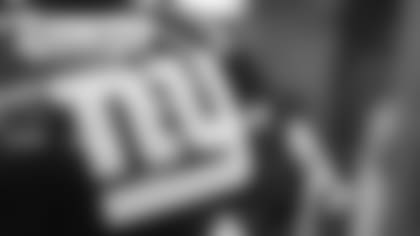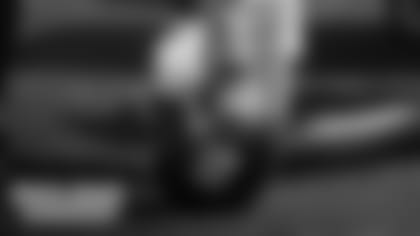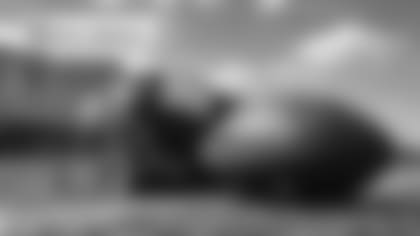Larry in Virginia: Do you think if the receivers can stay healthy, especially Engram and Shepard, they can be a top group in the NFL?
Martin in Pennsylvania: Do you honestly believe that the Giants have enough weapons on offense, despite what happened last season with the injury bug, when most guys didn't get to play together?
Ron in Vermont: Do the Giants have enough firepower this year to make win enough games to be around .500?
John Schmeelk: I grouped all these questions together because they all address the same basic concept. The Giants have enough weapons to be a Top 10 offense. They might not have a traditional number one superstar wide receiver like Julio Jones, but they have a handful of players who can all get open and beat their man.
Golden Tate has been remarkably consistent his entire career, usually finishing with between 800-1,000 receiving yards and 70 or more catches. If you take his per game stats from last season, he would have fallen in that range again if he played 16 games. Despite the fact he turns 32 years old, he showed few signs of losing any run-after-catch or separation ability. He can win in one-on-one situations. He hasn't missed more than one game in a season, except for last year's four-game suspension, since his rookie year in 2010.
In 10 games last year, Sterling Shepard averaged 5.7 catches and 57.6 yards per game. Extrapolated over 16 games, it comes to over 90 catches and 900 yards. He is difficult to cover one-on-one outside or in the slot. He is a valuable and consistent weapon in the short and intermediate areas of the defense.
Darius Slayton is the closest thing the Giants have to a traditional X-receiver based on his skillset and body size. He played limited snaps in his first handful of games last year, so it is hard to convert his stats for a full season. He did show the ability to get behind defenses with his speed and win in contested catch situations.
If this is where the conversation ended, I would understand why Giants fans might be concerned. But this isn't where it ends. You must factor in Evan Engram and Saquon Barkley when evaluating the team's passing attack.
Engram is a matchup problem for opposing linebackers and safeties. He forces defenses to adjust their coverages to compensate for his presence. Engram is not just a player who wins in the short and intermediate areas. He can win down the field, on contested catches in the red zone and stretches the field.
Barkley is effective down the field, too. He doesn't just catch a bunch of screen passes and swing passes. He can run the full route tree, get deep on seam routes, and turn short passes against opposing linebackers into huge plays with his ability to make people miss and run after the catch.
The caveats Ron and Martin point out in their questions are fair. Last year, due to a variety of injuries, the Giants didn't have one game when those five players were on the field at the same time. Engram has not played a 16-game season in his three-year career and has only played in 19 of 32 games the last two years. The Giants need his mismatch ability to make their offense work. He is a real difference maker.
Shepard missed time last season after suffering multiple concussions. Shepard has played 16 games (2016 and 2018) in two of his four seasons in the league. He has shown the ability to stay healthy.
Barkley (ankle) and Slayton (hamstring) were limited last season, and Tate has been durable his entire career. This group is good enough to bet on in 2020 if it can remain on the field.
Brian in New York: I know the Giants helped themselves on offense with the three linemen picks but they ignored the linebacker position, just drafting them in the late rounds with players that will most likely not even make the team. Why do they devalue the linebacker position?
John Schmeelk: Given the contract the Giants handed to Blake Martinez in free agency, it is hard to argue they devalue the linebacker position. They just didn't draft one in the first five rounds. The team is still in the position where it should draft the best available player regardless of need, and a linebacker clearly was not the best player on their board when the Giants were set to pick. Analysts did not consider it a deep linebacker class in this year's draft, and the team didn't find appropriate value until rounds six and seven when they selected four linebackers. I would expect some of those players to be on the final 53-man roster.
Phil in Massachusetts: Why is Daniel Jones always called franchise QB by media? He suffered some of the same issues listed before draft: Turnover prone, compiles stats against weak teams while being terrible against quality opponents, locks in on receivers etc. Unless he shows real improvement, could the Giants look for a quarterback in next year's draft?
John Schmeelk: He is referred to as the franchise quarterback because of where he was drafted and his passing production as a rookie. Jones' production compares favorably to the other quarterbacks picked high in the past three drafts and shows his big-picture potential.
Jones is the first to admit he must fix his ball security issues. He fumbled 19 times in 36 college games, which is a much lower rate than his 12 in 13 games last season. Fumbling can be fixed with corrections in fundamentals and improved strength. It is something he is working on this offseason.
Otherwise, I think you are being hard on him. Jones did have some great games against poor defenses like the Lions and Redskins, but he also played well against the Eagles (16th in yards allowed per pass play), Jets (12th in yards allowed per pass play) and Bucs (13th in yards allowed per pass play). In those three games, he had seven touchdowns and only one interception. No one should be surprised a rookie quarterback struggled early in his career against the Bills (3rd in yards allowed per pass play), Patriots (2nd) and the Vikings (7th).
For a rookie, he went through his progressions exceptionally well and kept his eyes downfield looking for the open receiver. He did hold the ball a bit too long, which by his own admission, contributed to his fumbling issues. The NFL is faster with more complex defenses than college, which makes this an issue common to most young quarterbacks.
Overall, you are right to say that 12 starts in one year should not make a player a franchise quarterback. But Jones showed the potential to become the team's franchise quarterback if he continues to progress in his fundamentals, processing and decision making, which will improve his ball security.
View photos of the Giants' active roster as it currently stands.
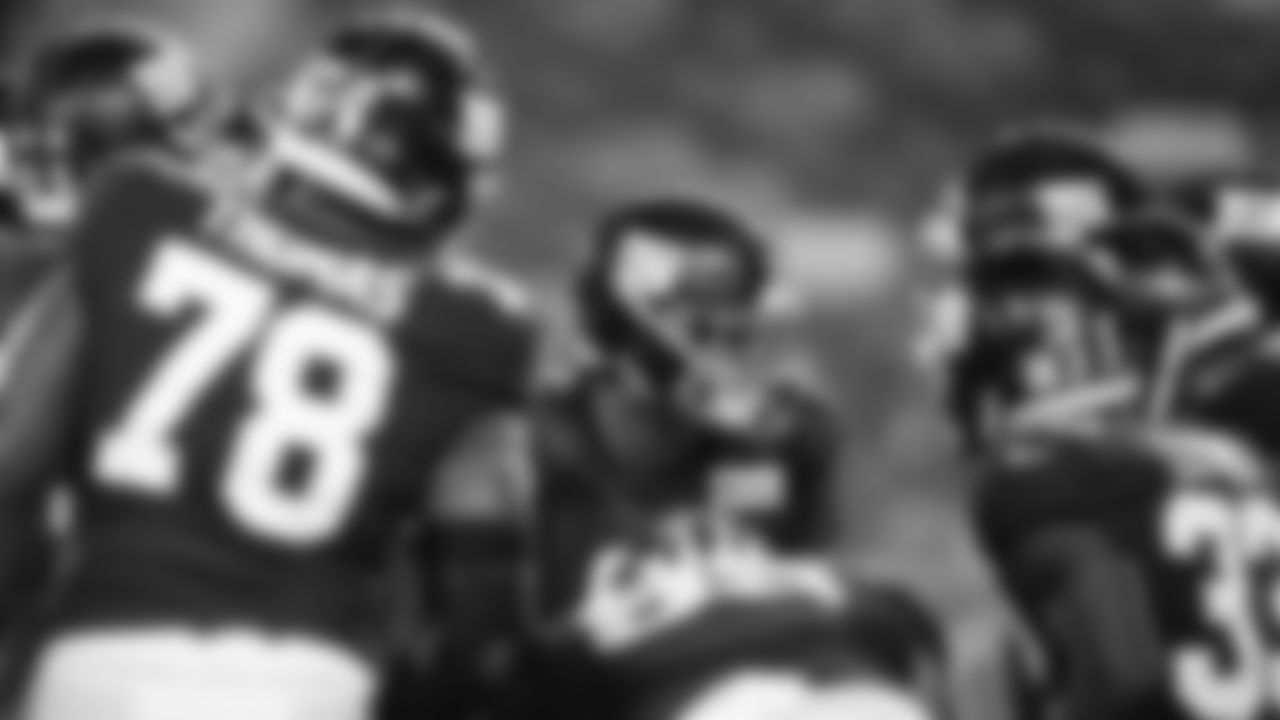
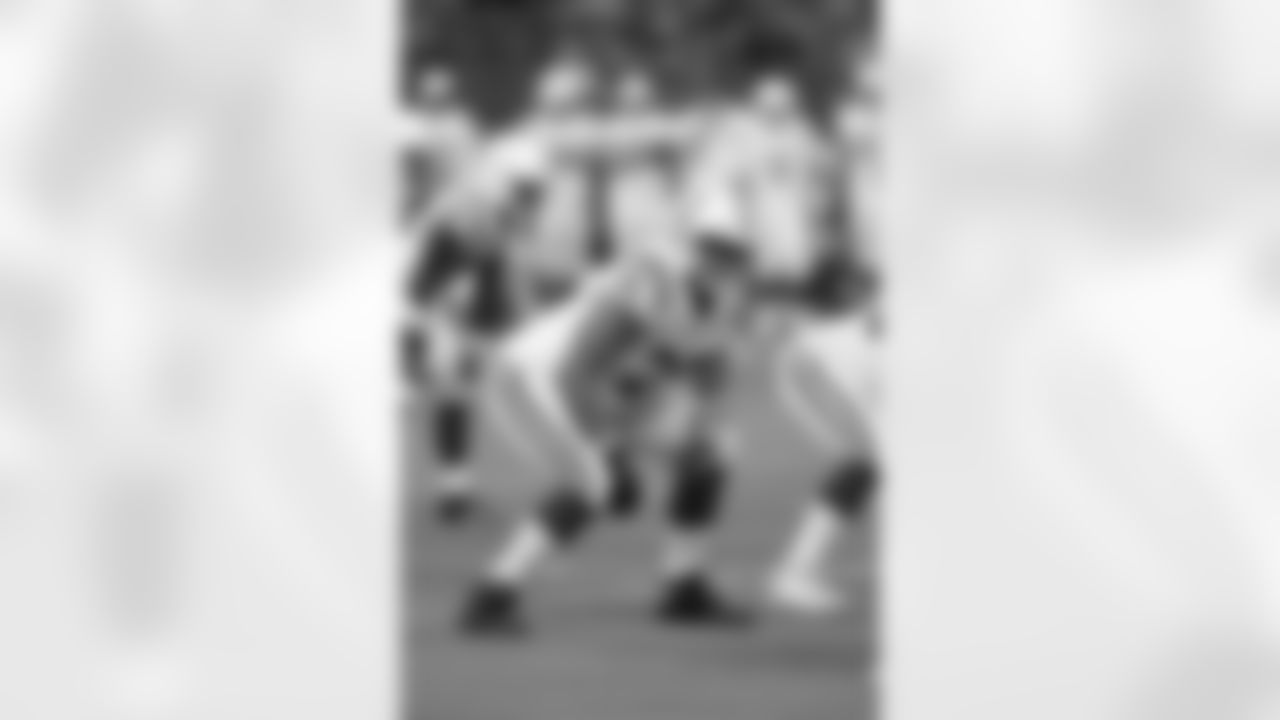
OT Jackson Barton
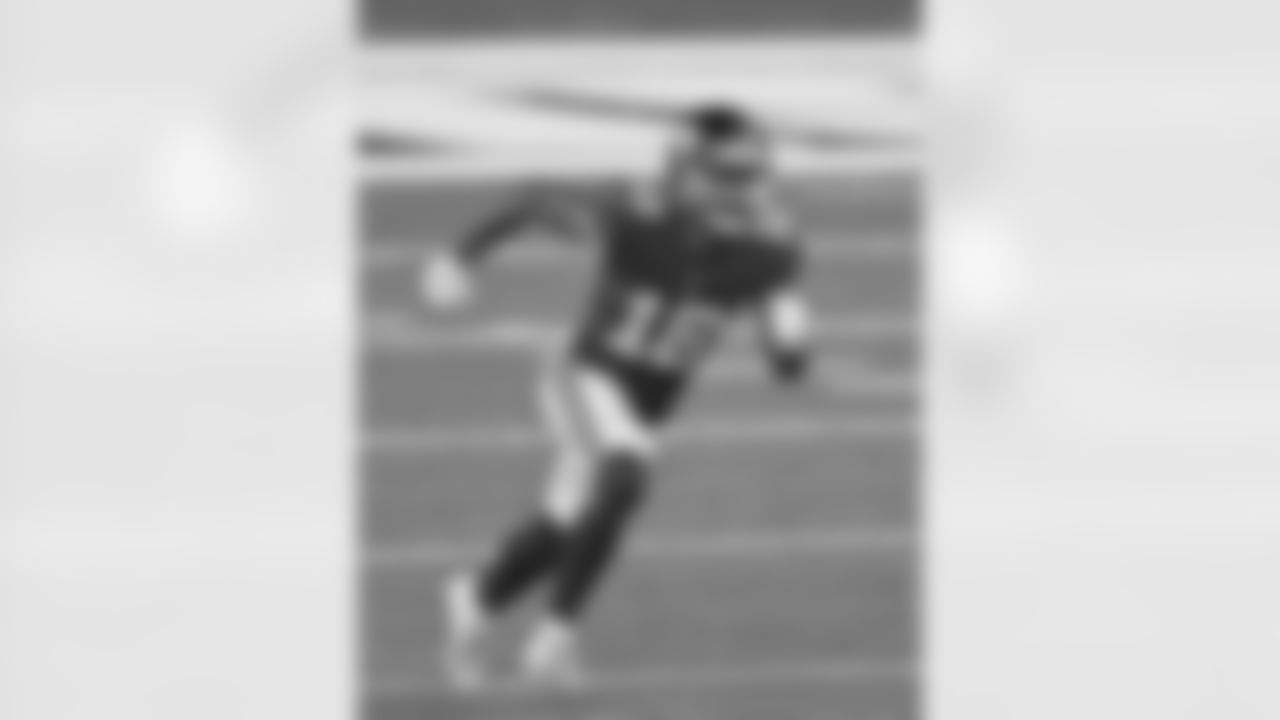
WR C.J. Board
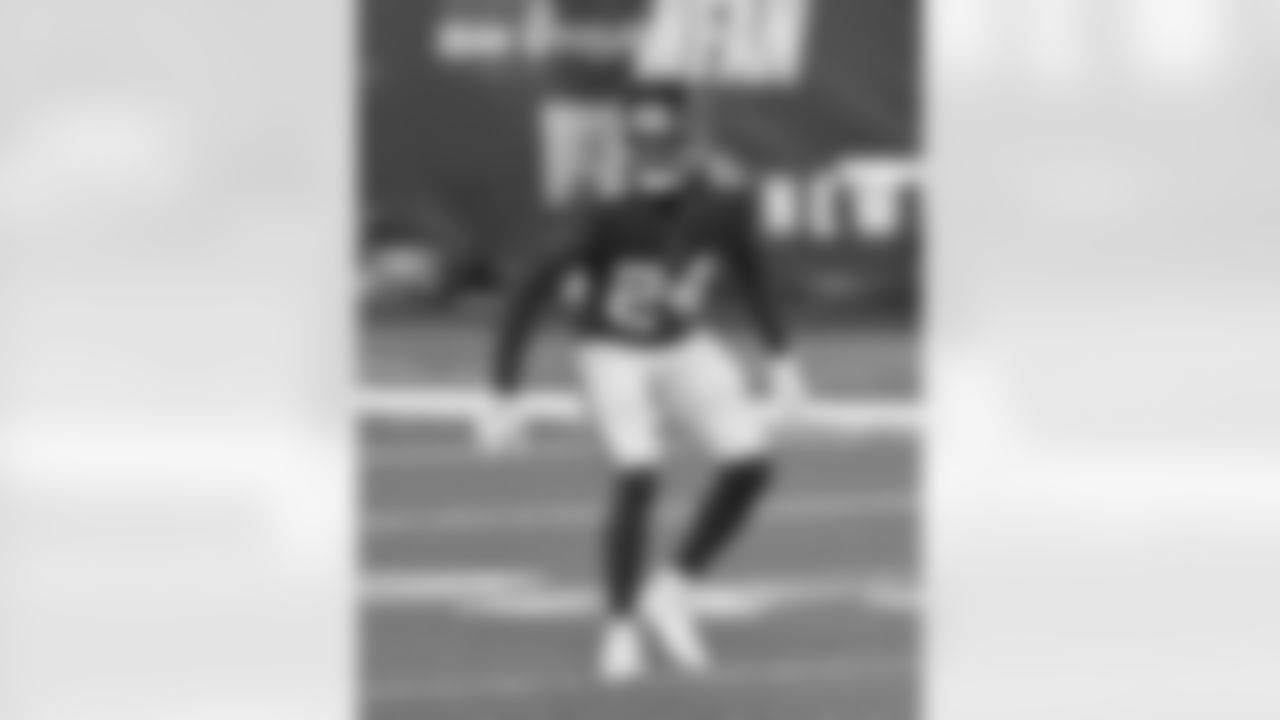
CB James Bradberry
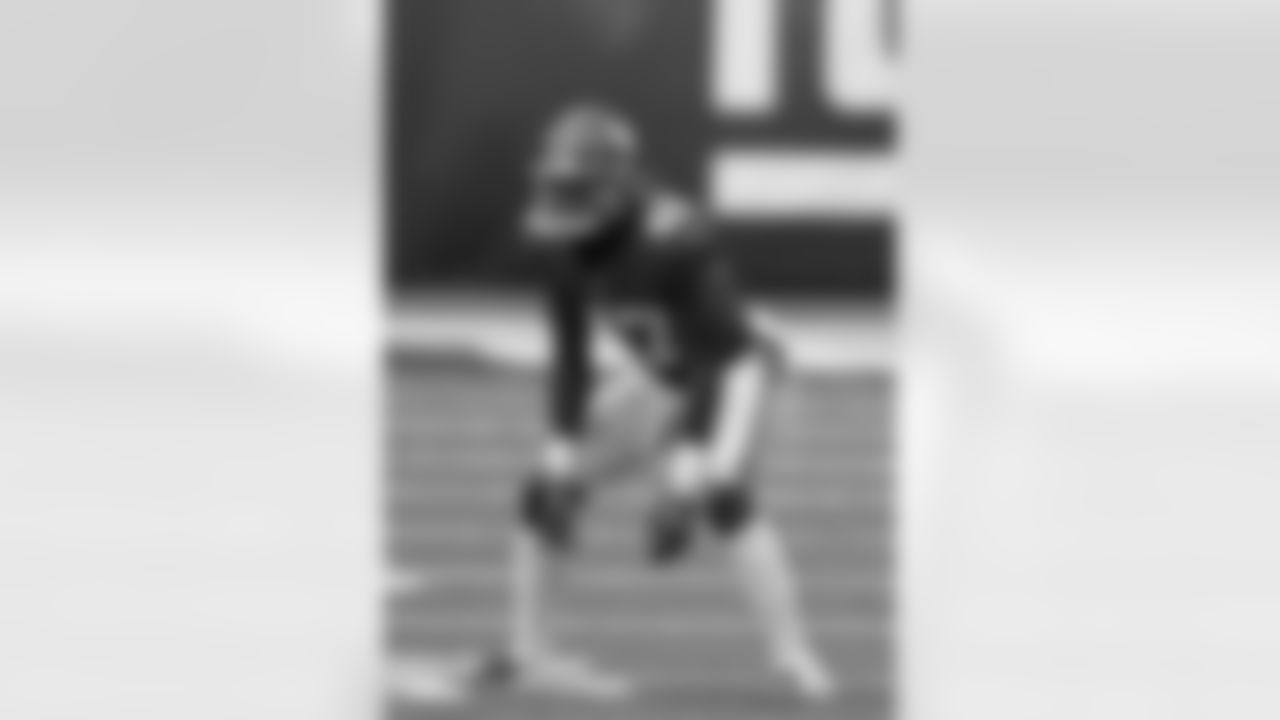
LB Cam Brown
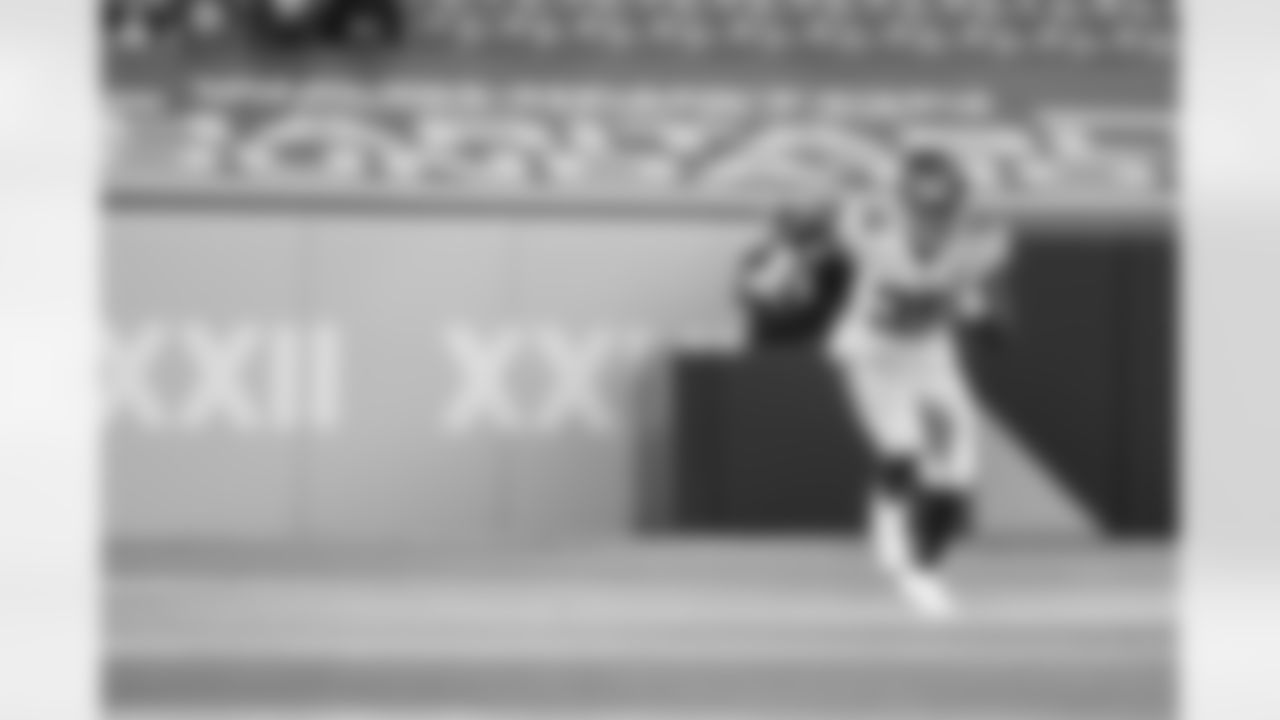
LB TJ Brunson
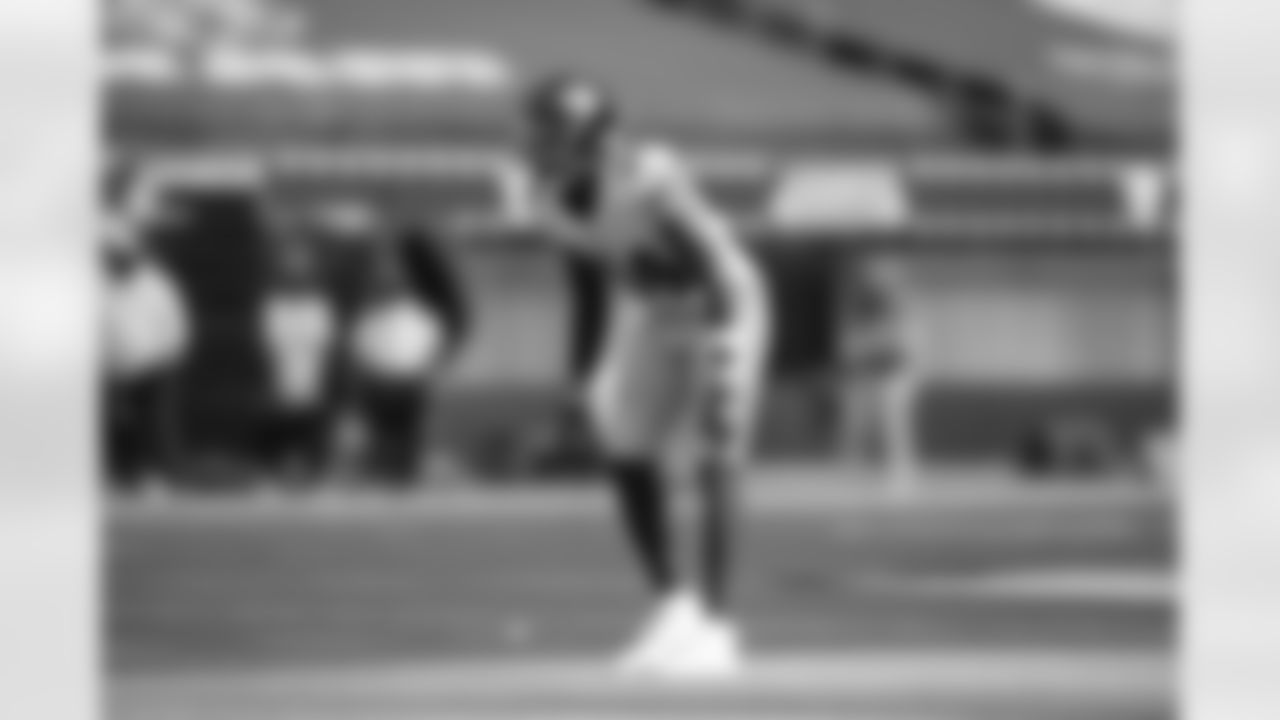
DB Adrian Colbert
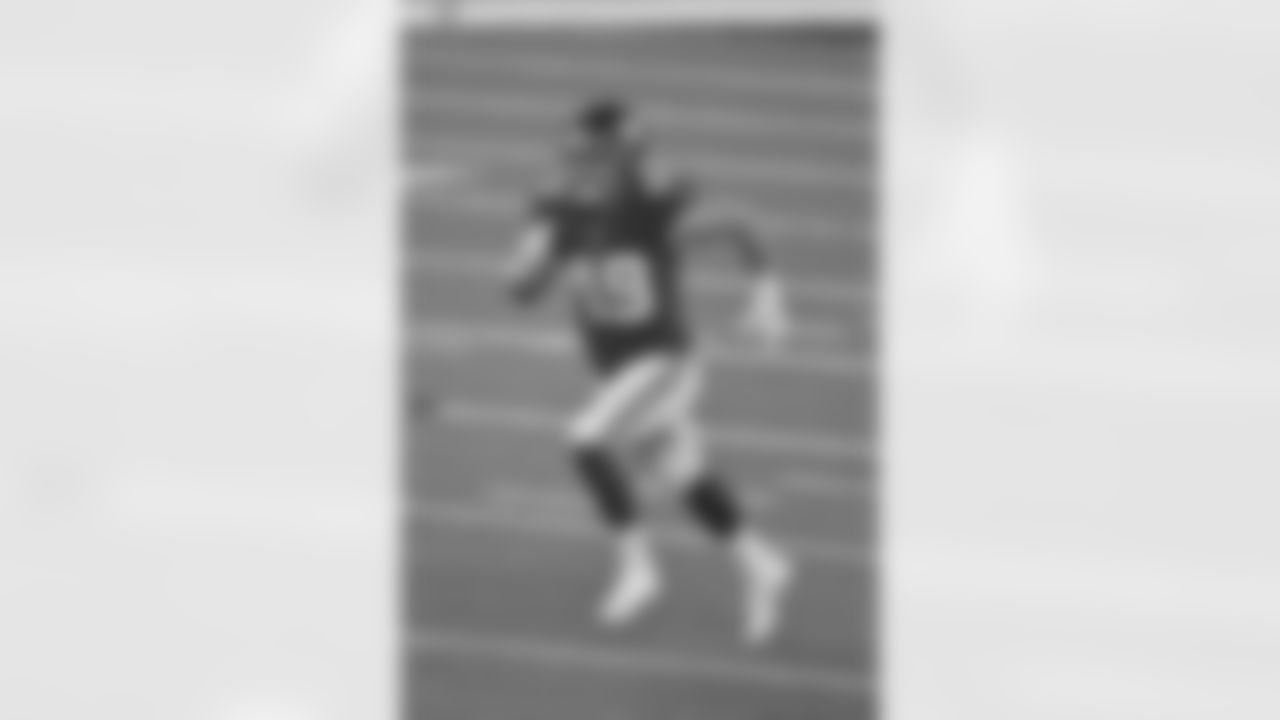
LB Carter Coughlin

LB Tae Crowder

P Riley Dixon
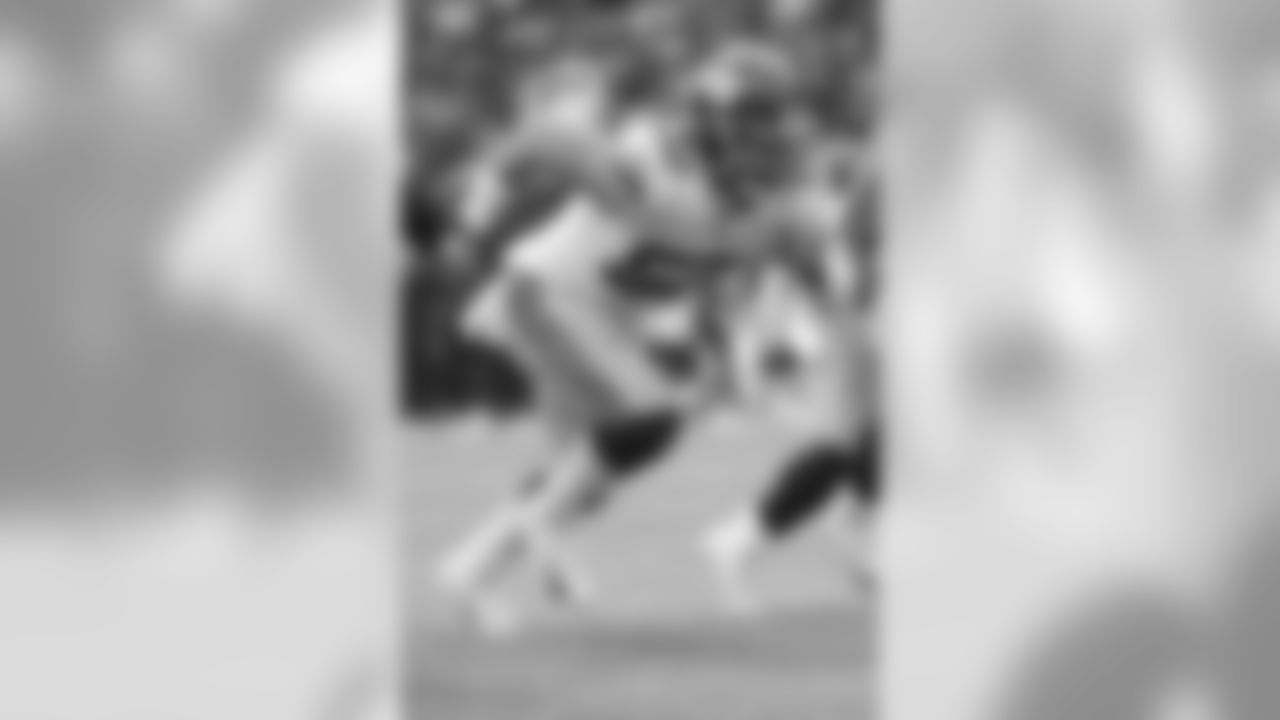
LB Devante Downs
(Kevin Terrell via AP)
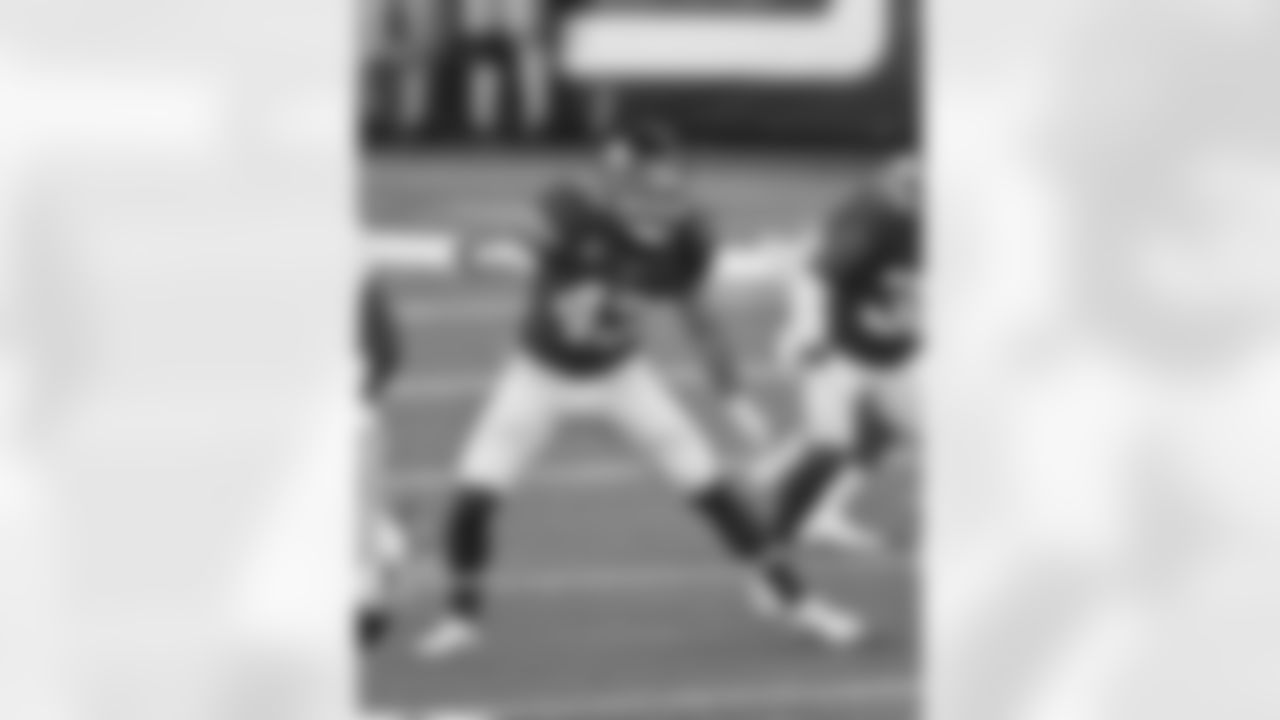
DB Nate Ebner
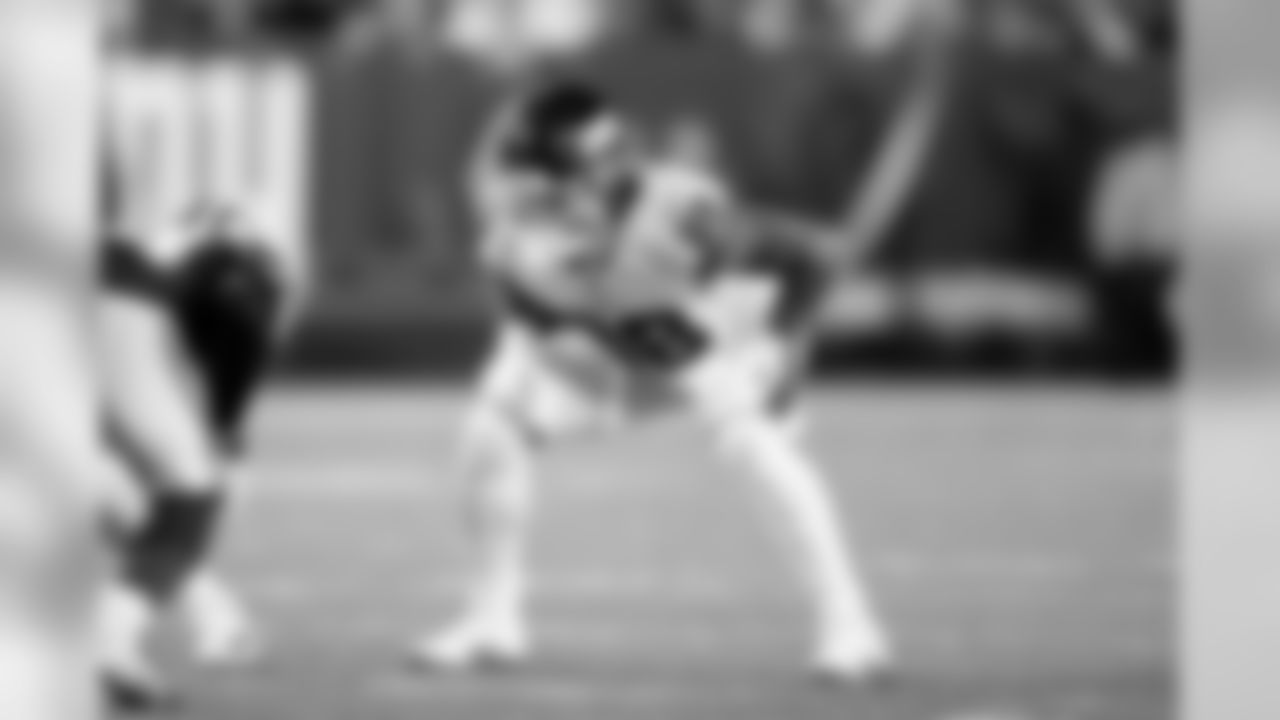
TE Evan Engram
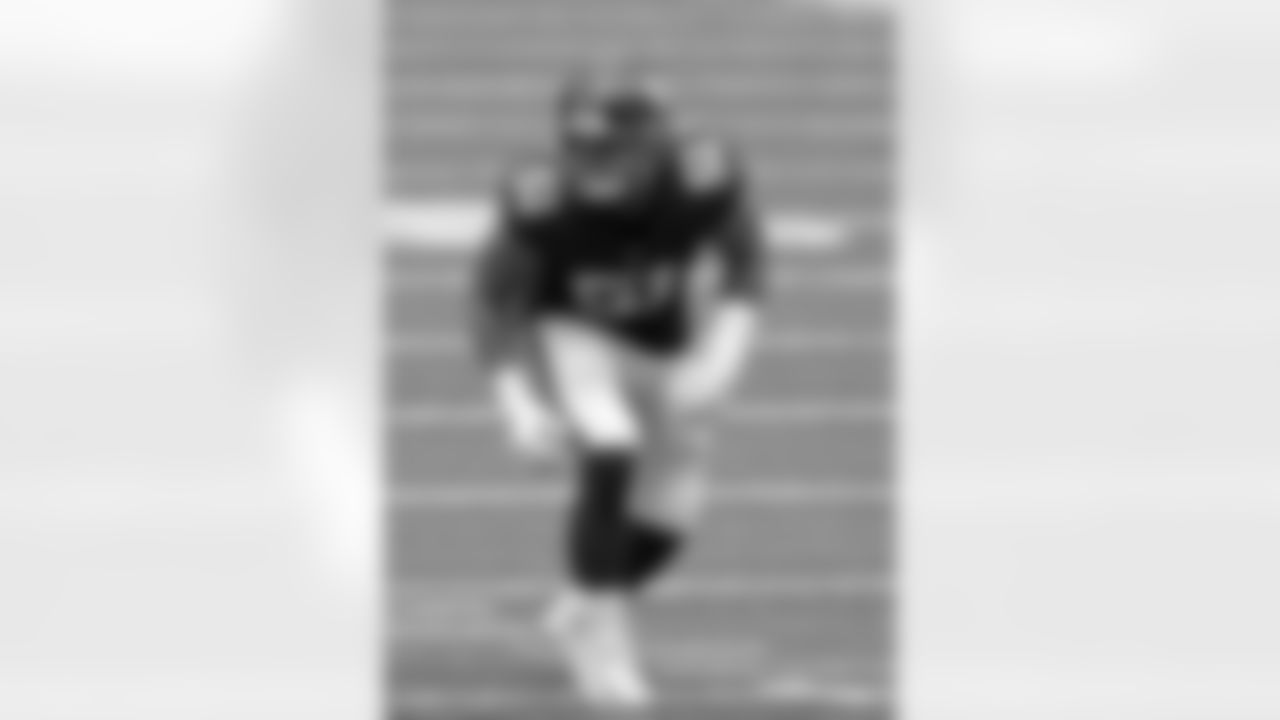
LB Kyler Fackrell
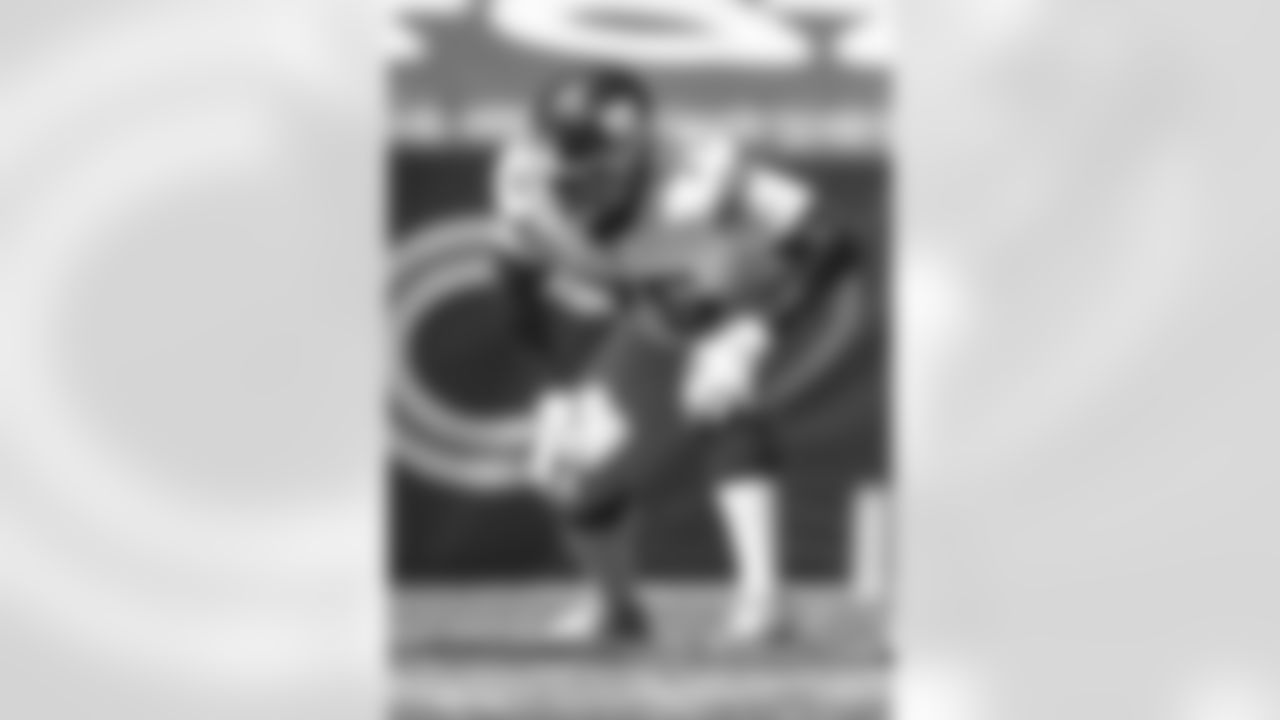
OT Cameron Fleming
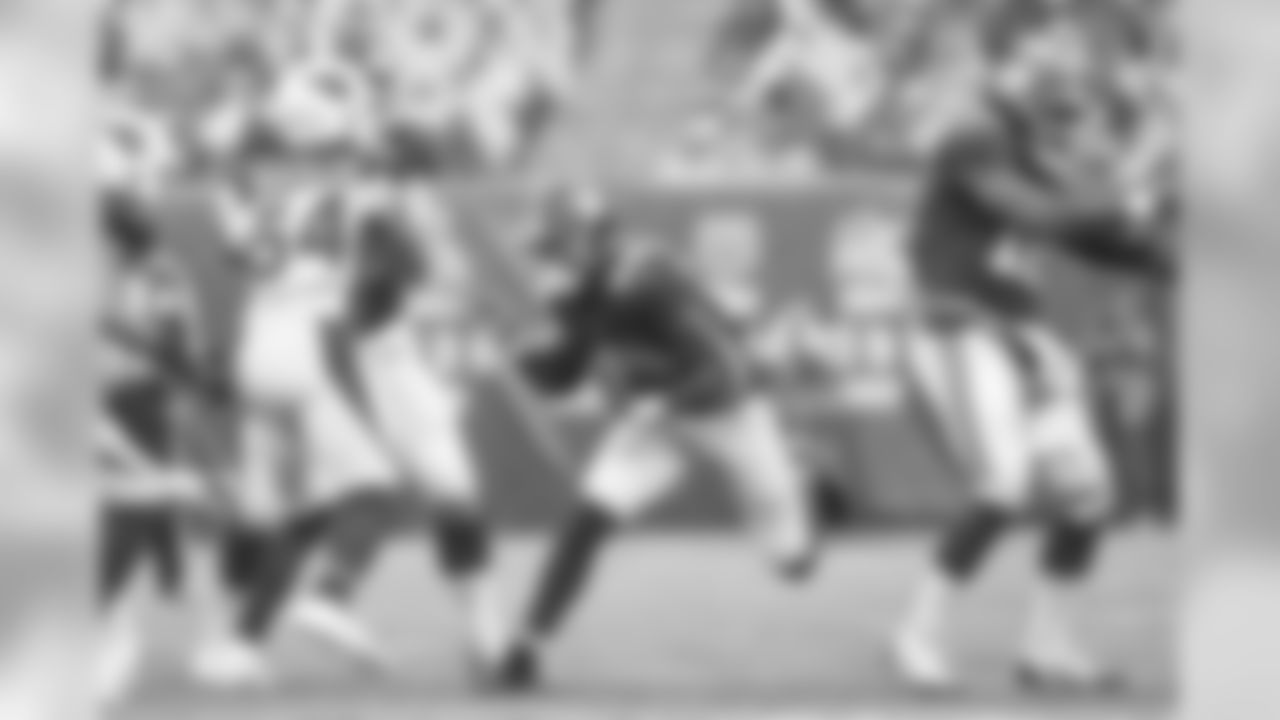
RB Wayne Gallman

K Graham Gano
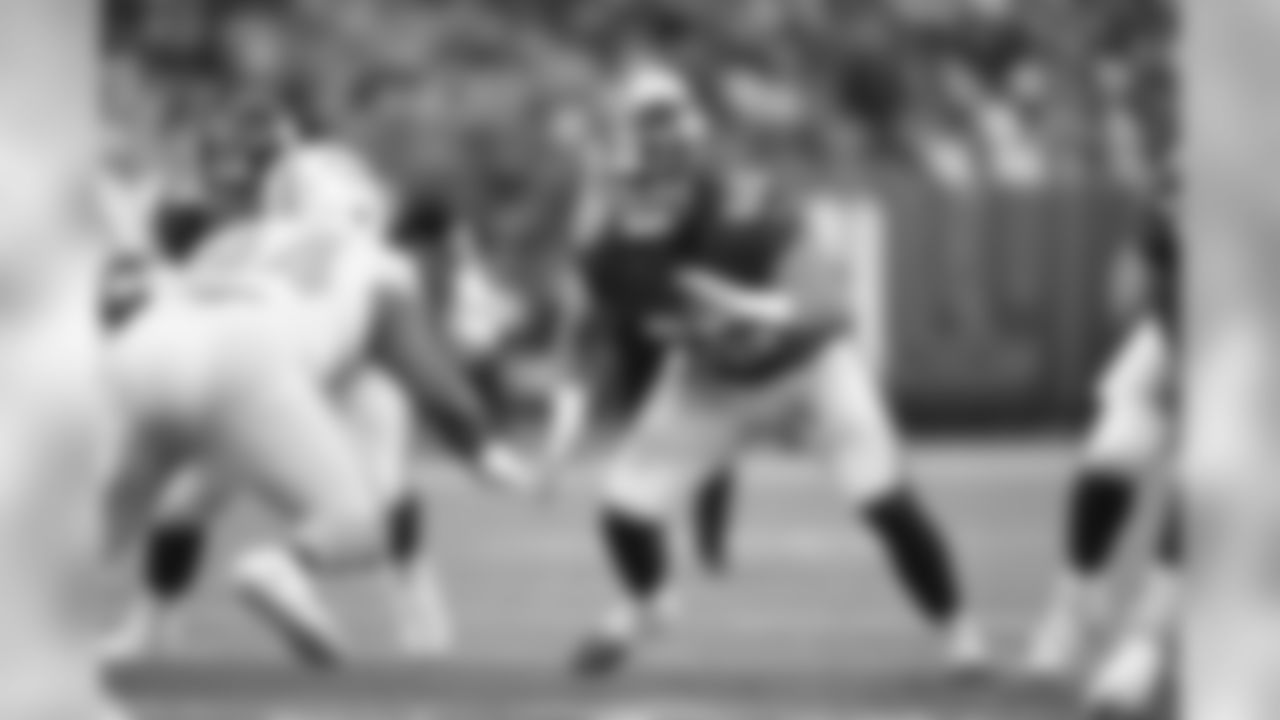
G Nick Gates
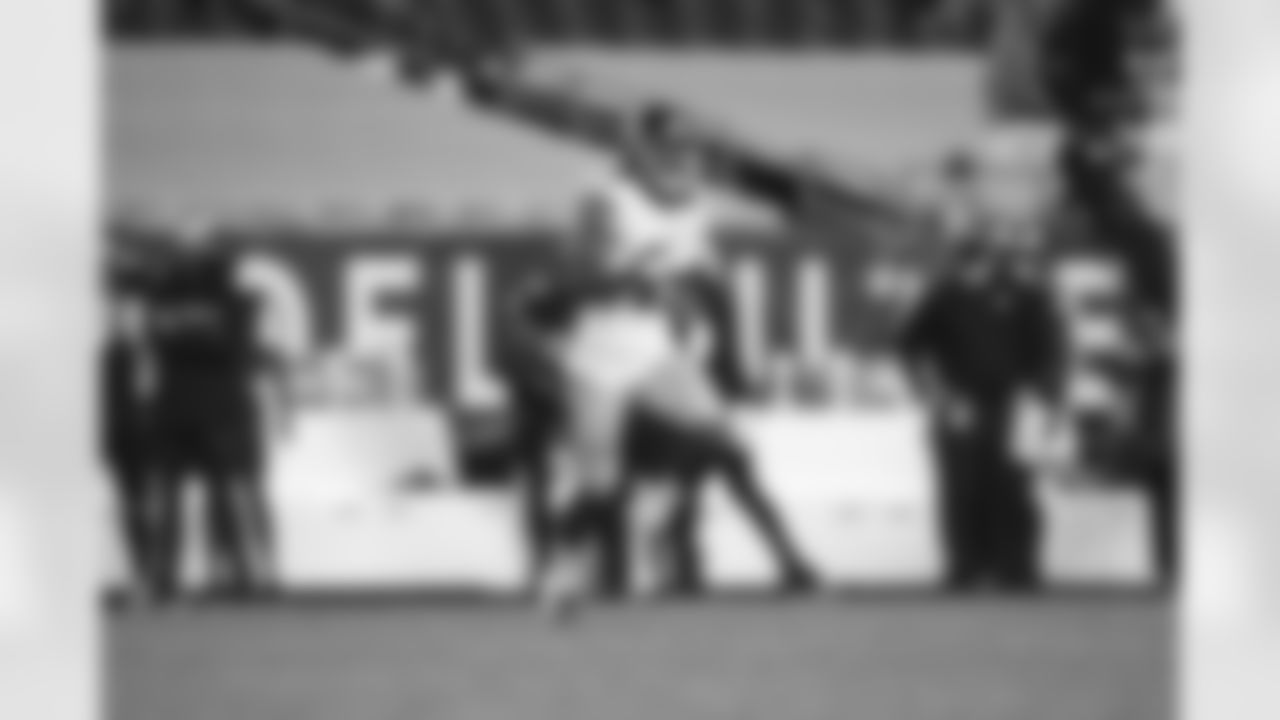
DB Madre Harper
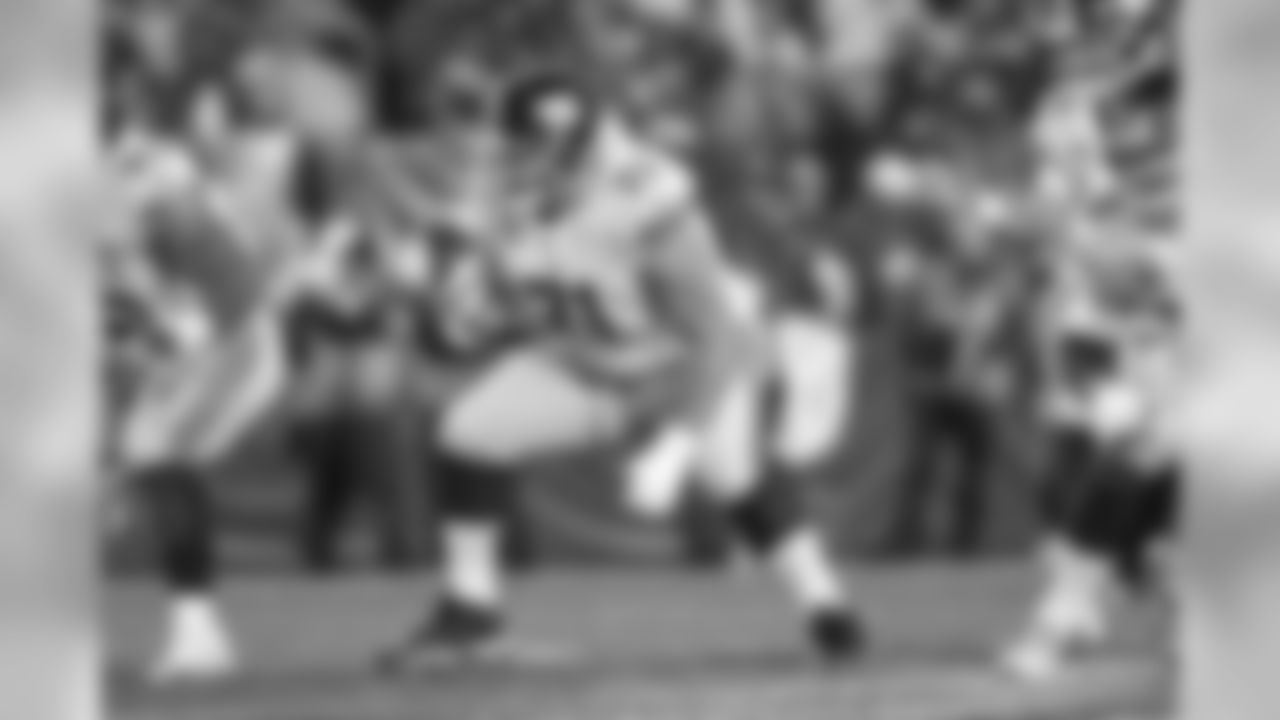
G Will Hernandez
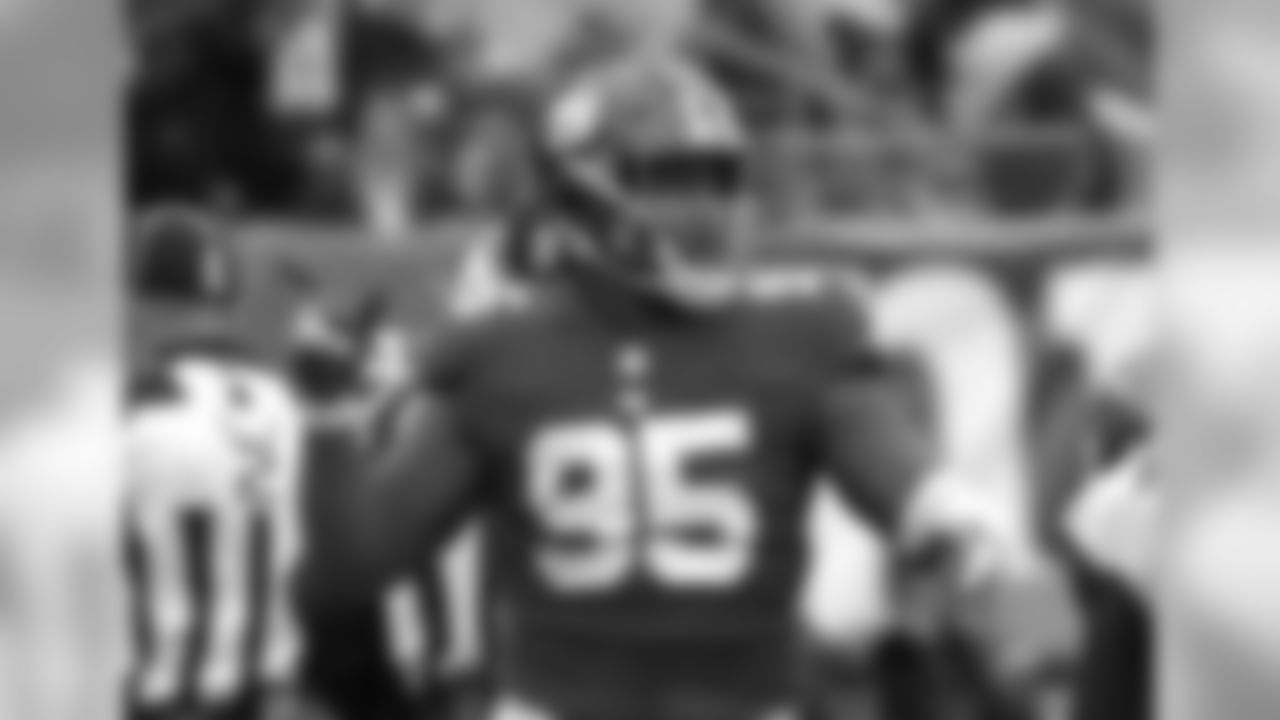
DL B.J. Hill
(AP Photo/Bill Kostroun)
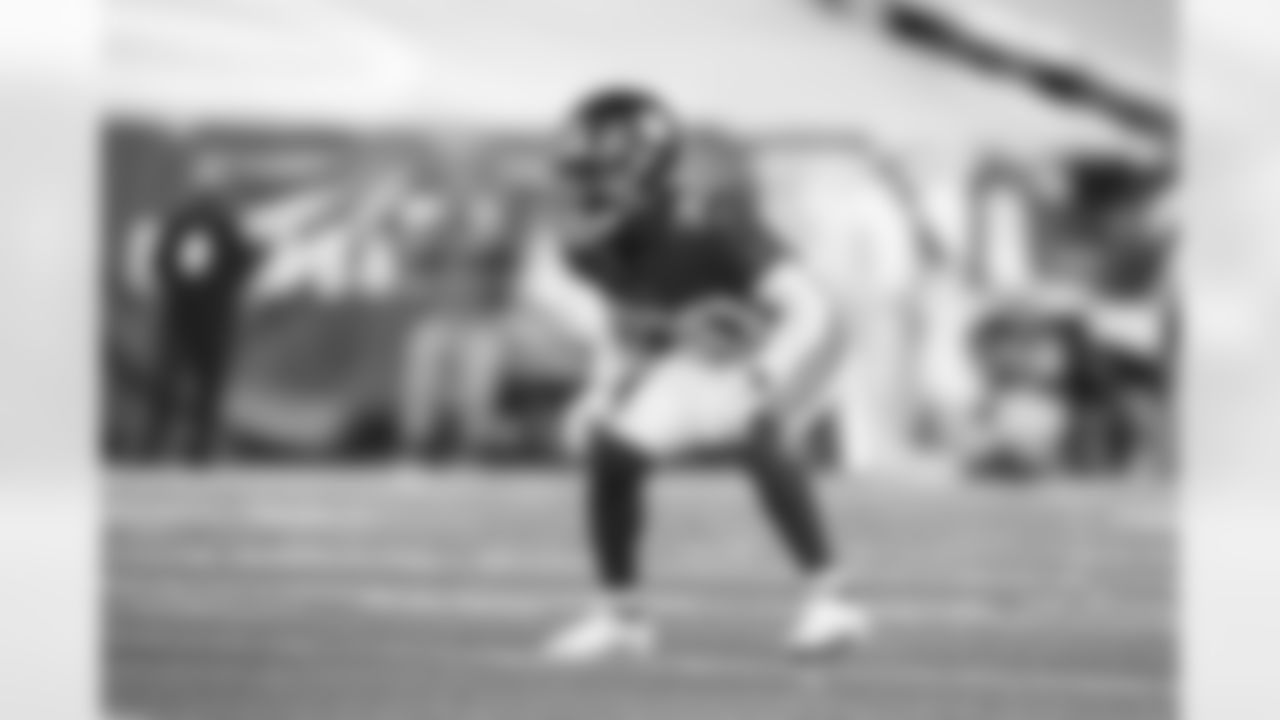
DB Darnay Holmes

DT Austin Johnson
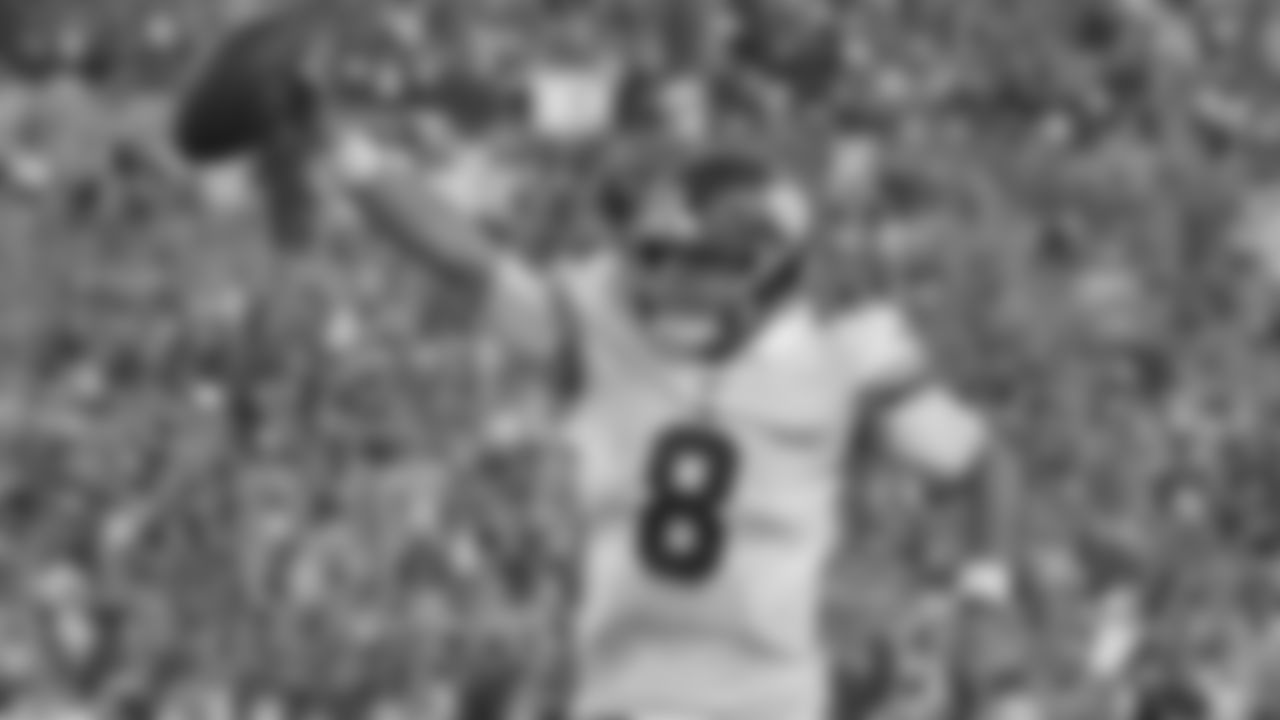
QB Daniel Jones
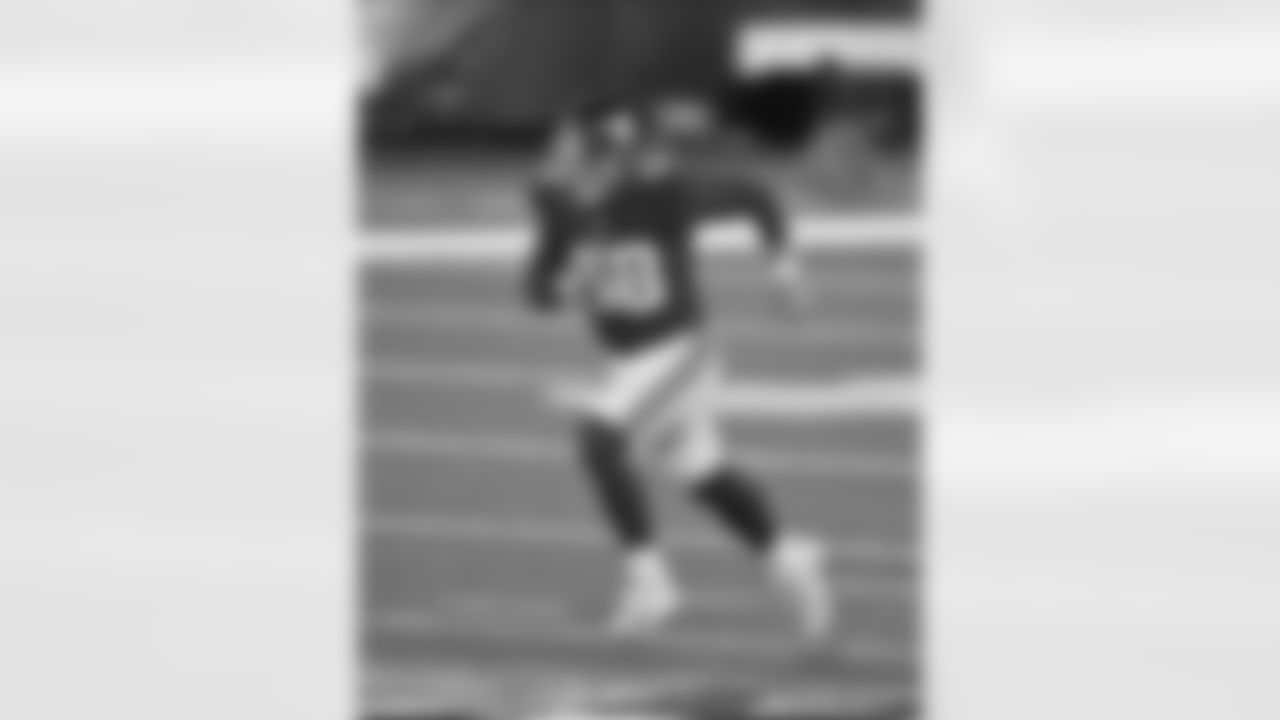
LS Casey Kreiter
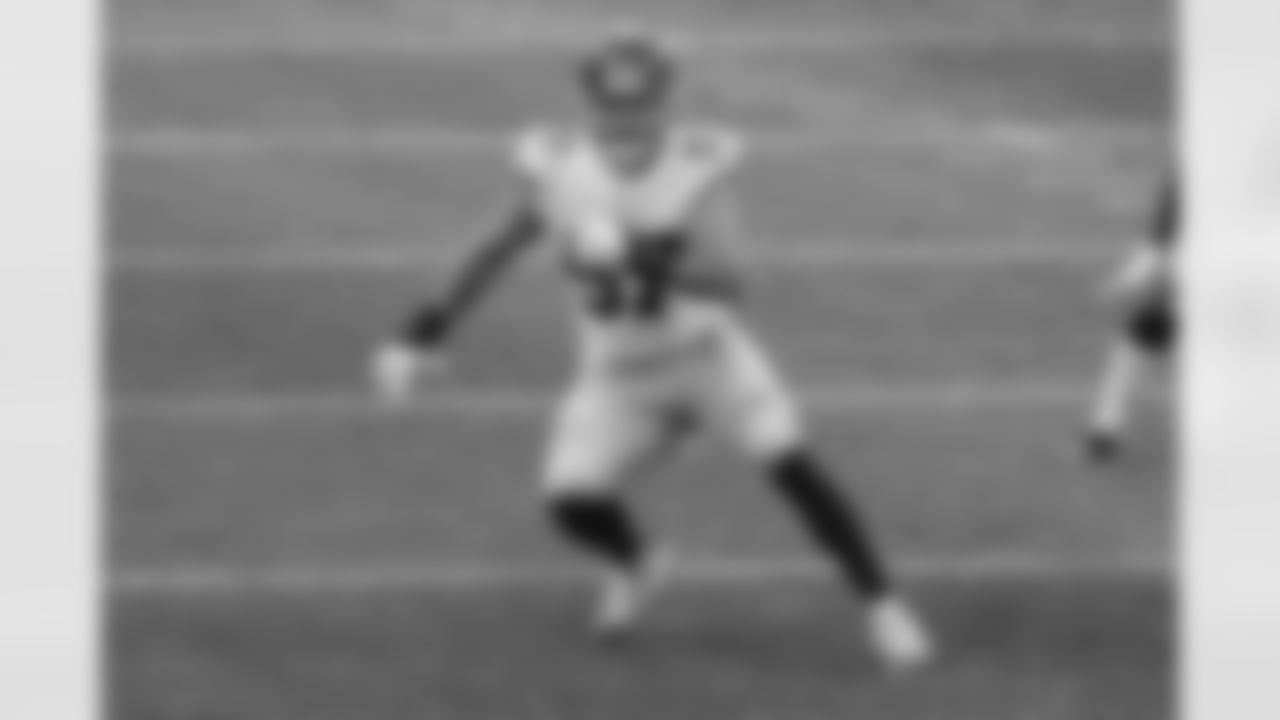
DE Niko Lalos
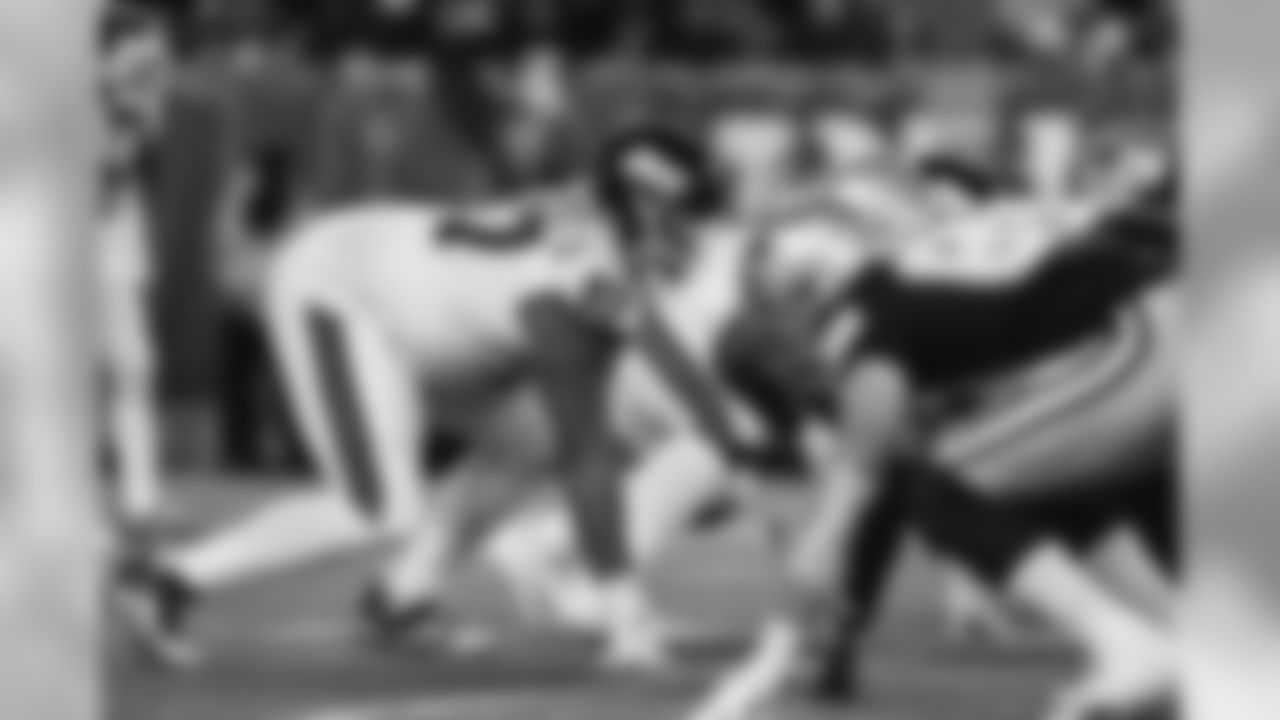
DL Dexter Lawrence
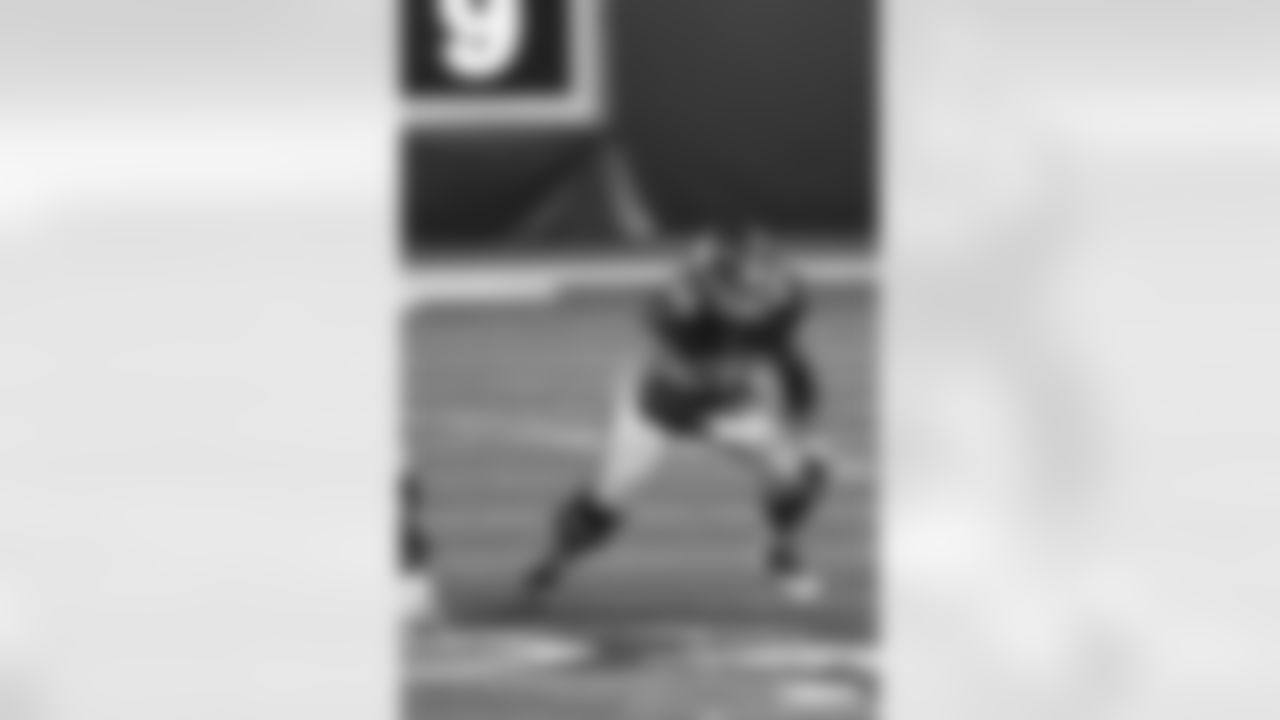
G Shane Lemieux
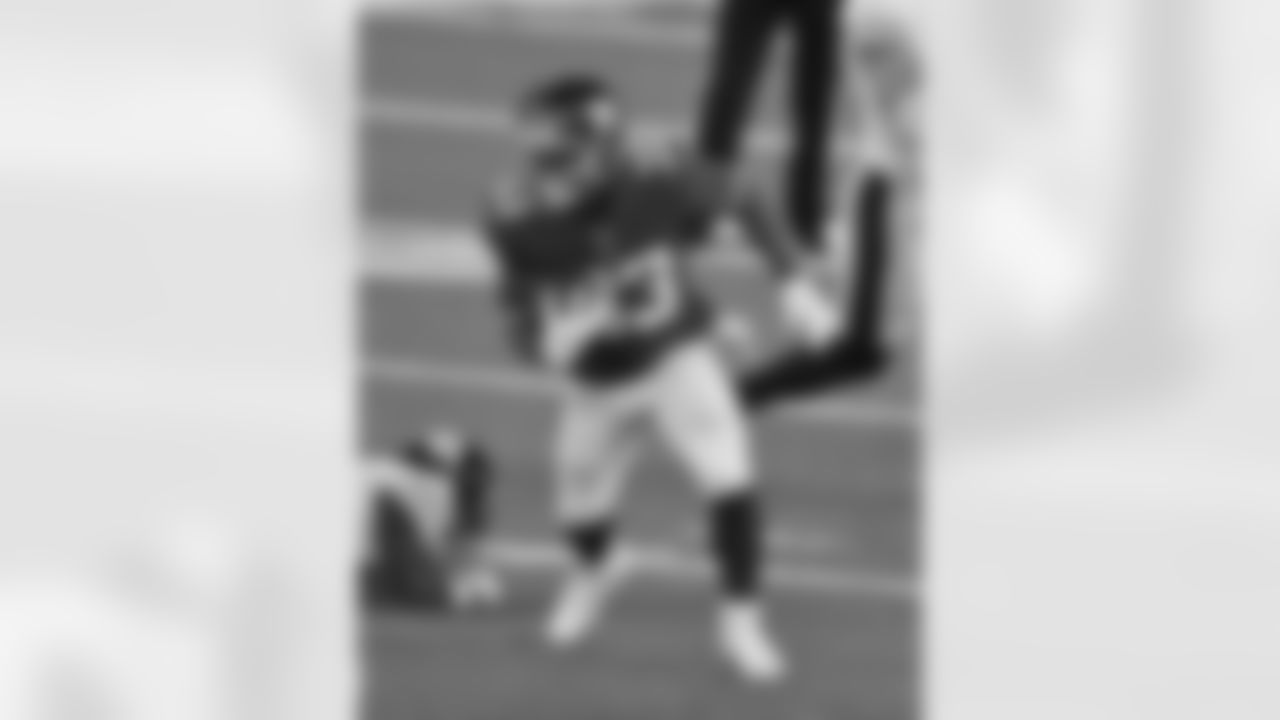
RB Dion Lewis
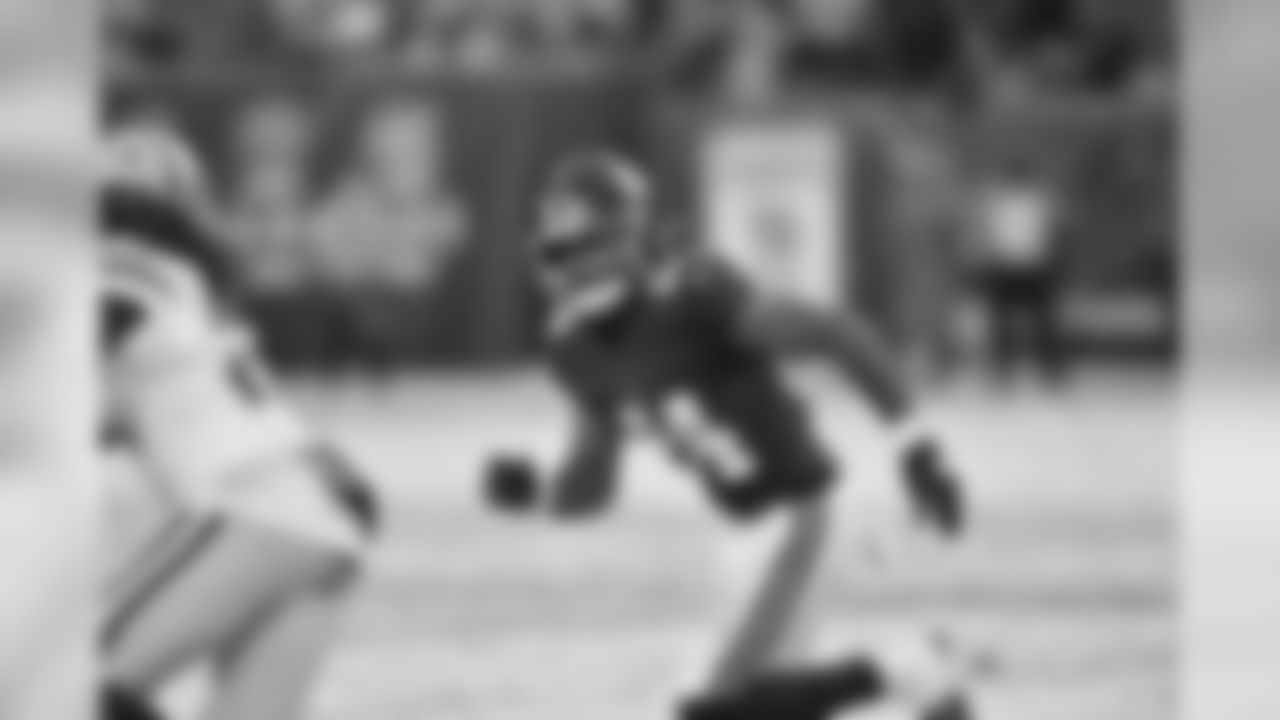
CB Julian Love

WR Austin Mack
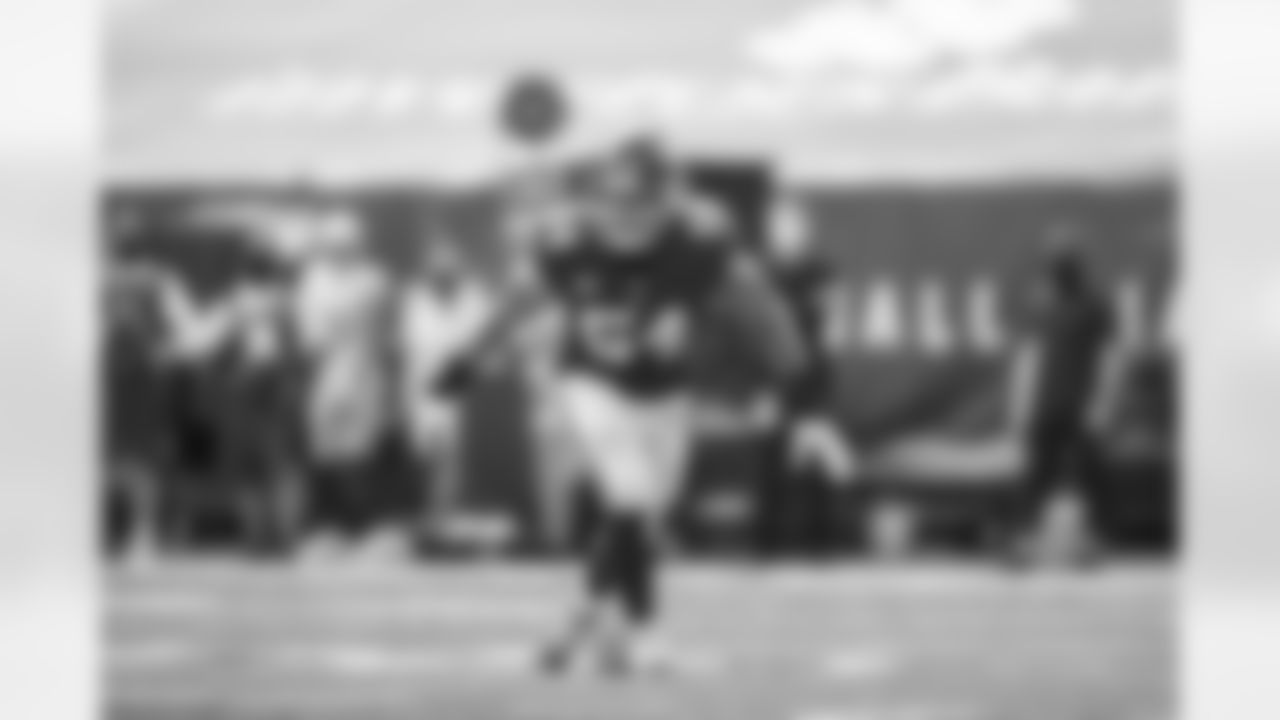
LB Blake Martinez

LB David Mayo
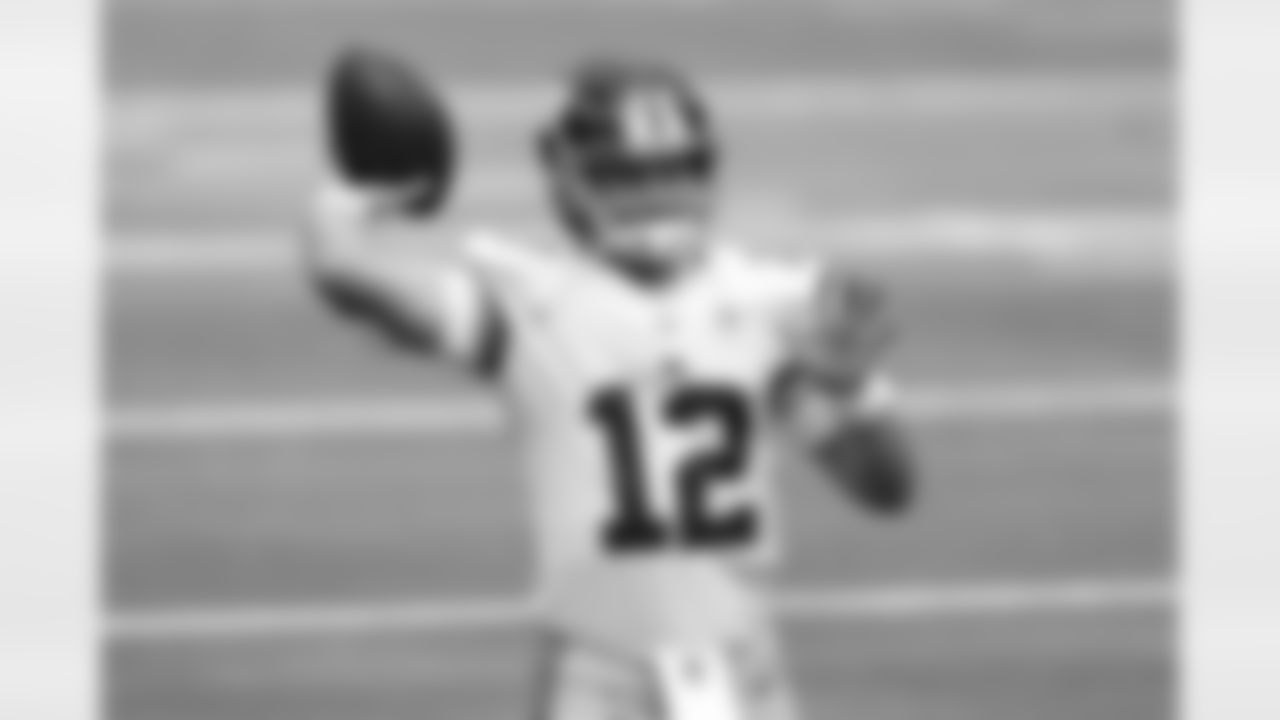
QB Colt McCoy
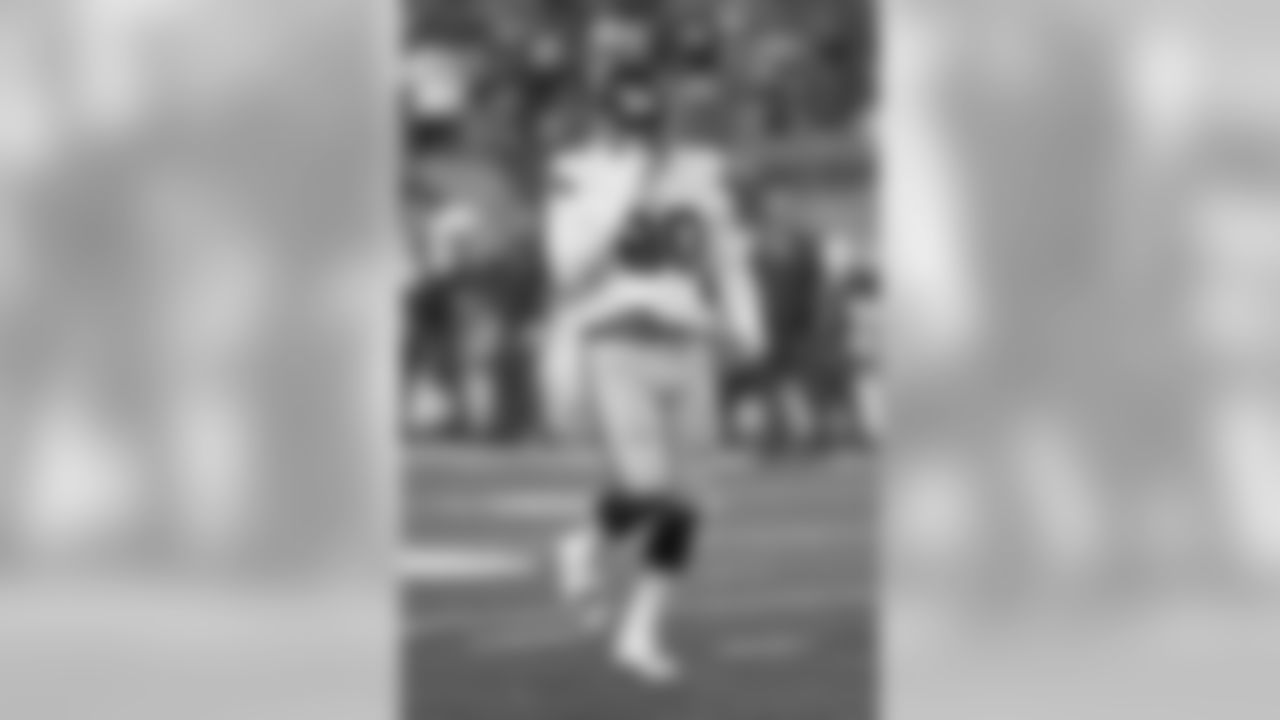
DL R.J. McIntosh
(Scott Boehm via AP)
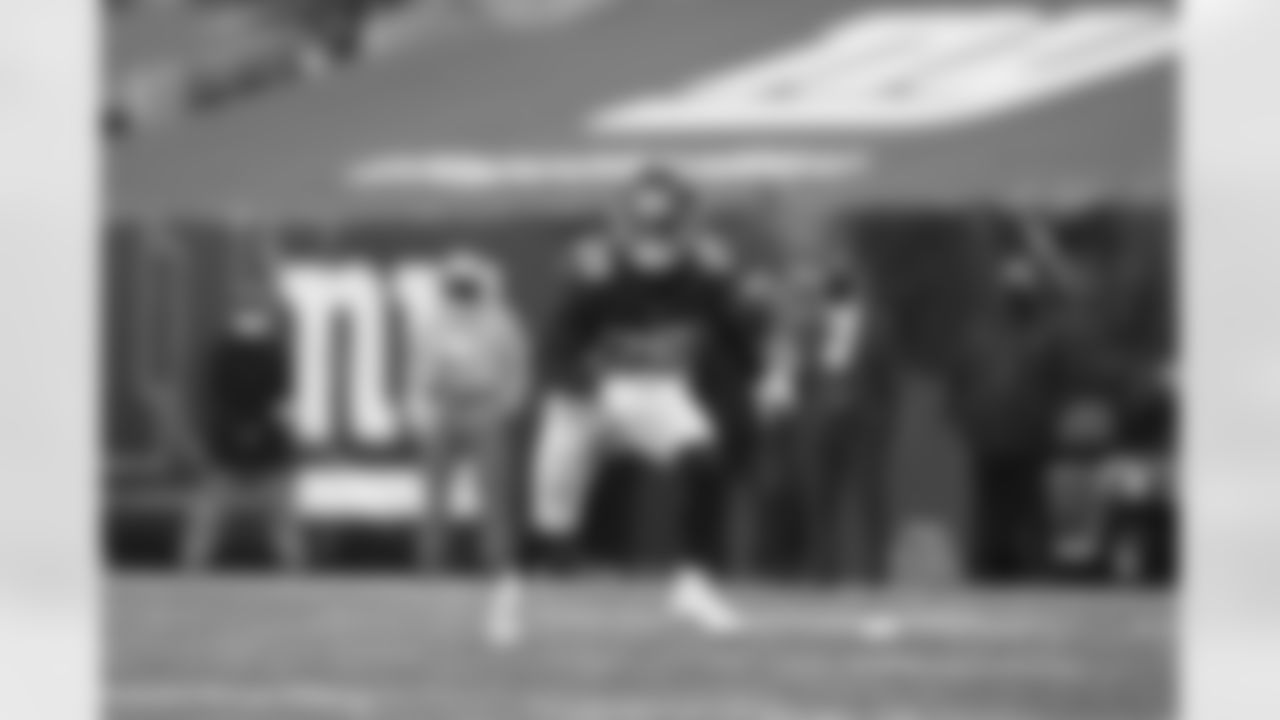
DB Xavier McKinney
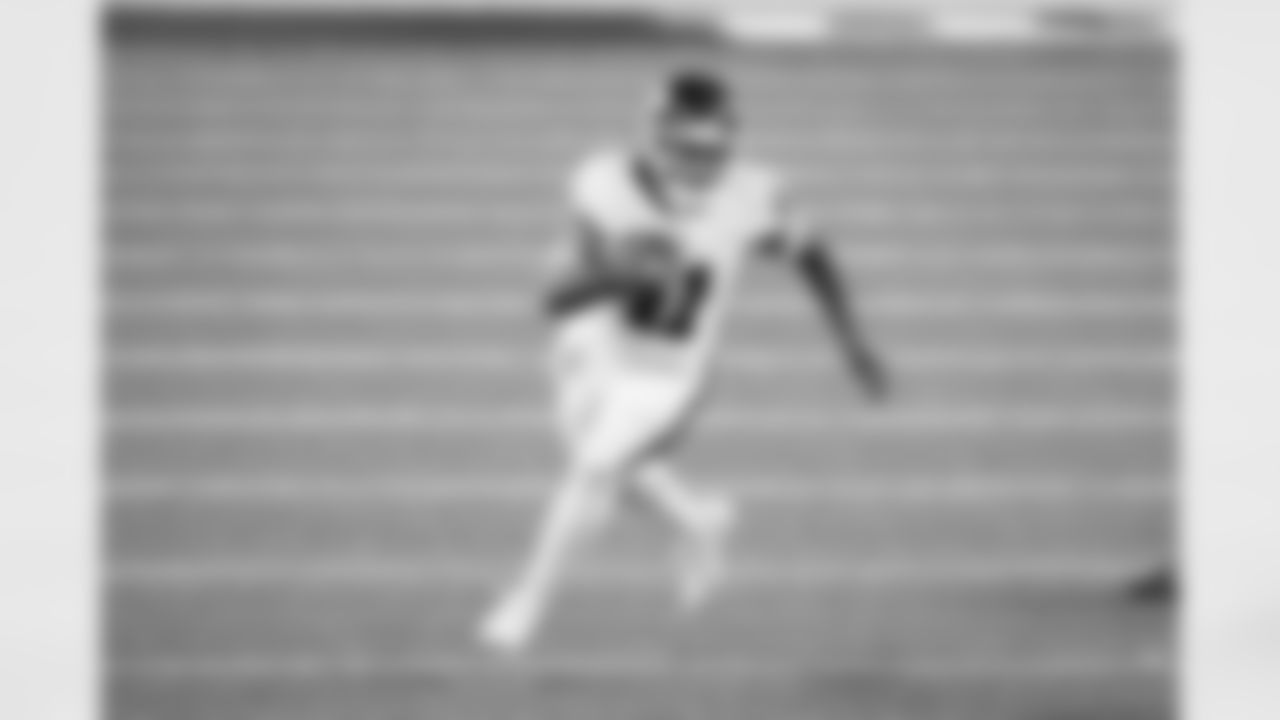
RB Alfred Morris
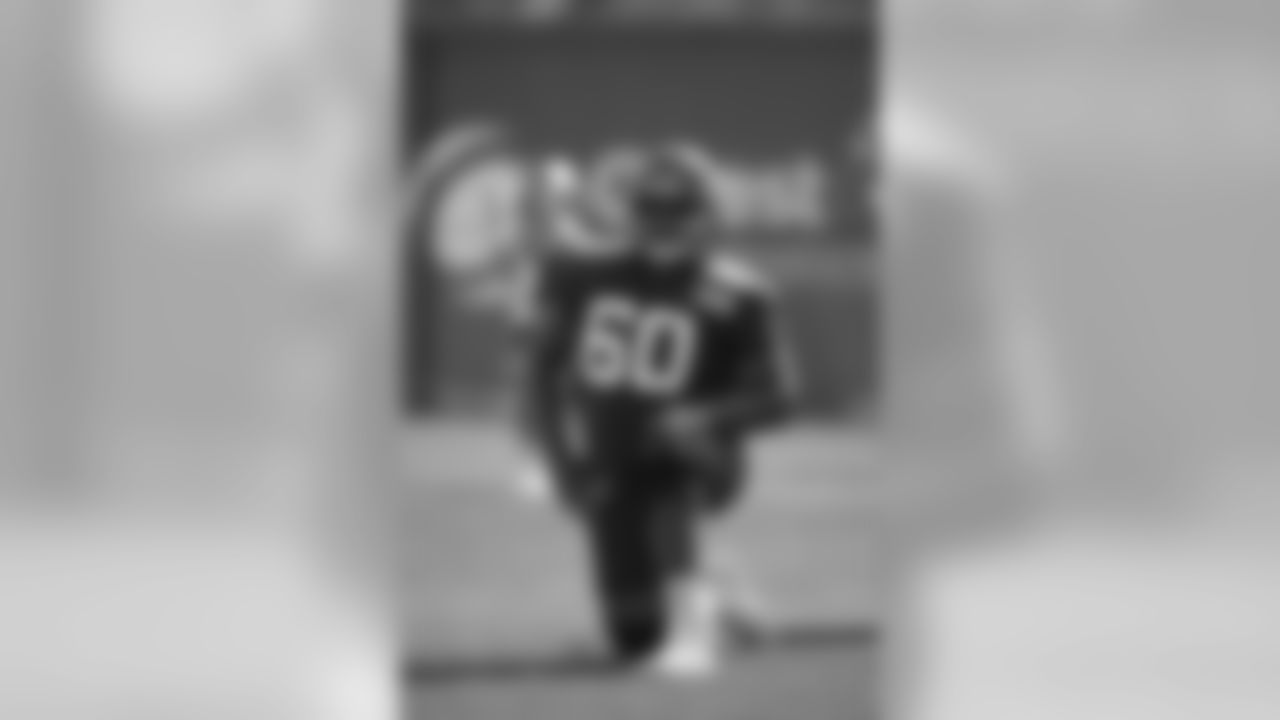
OL Kyle Murphy
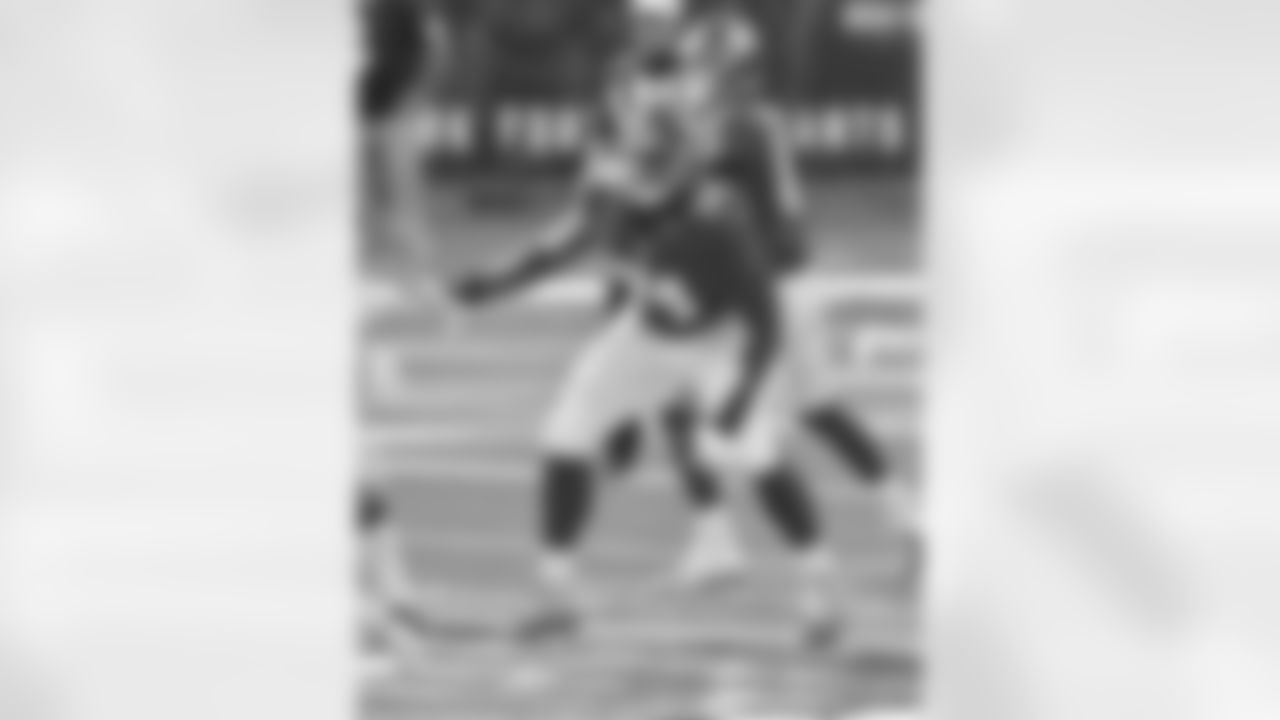
OT Matt Peart
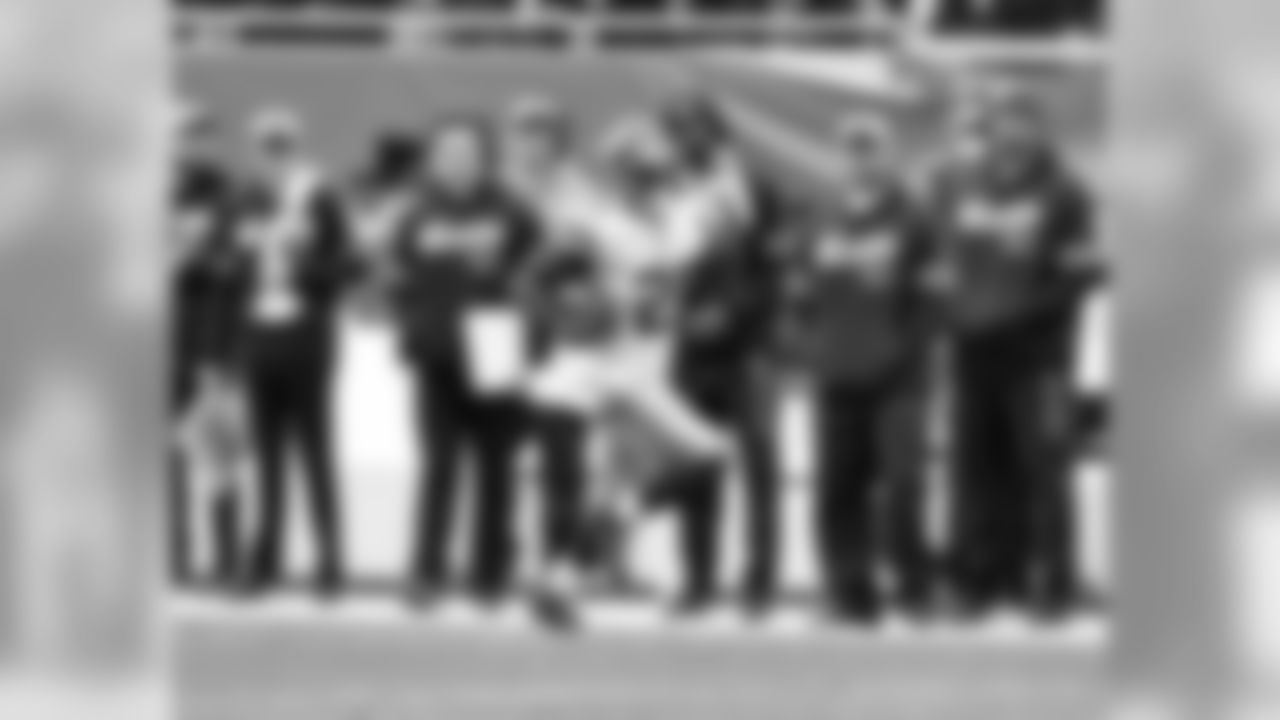
S Jabrill Peppers
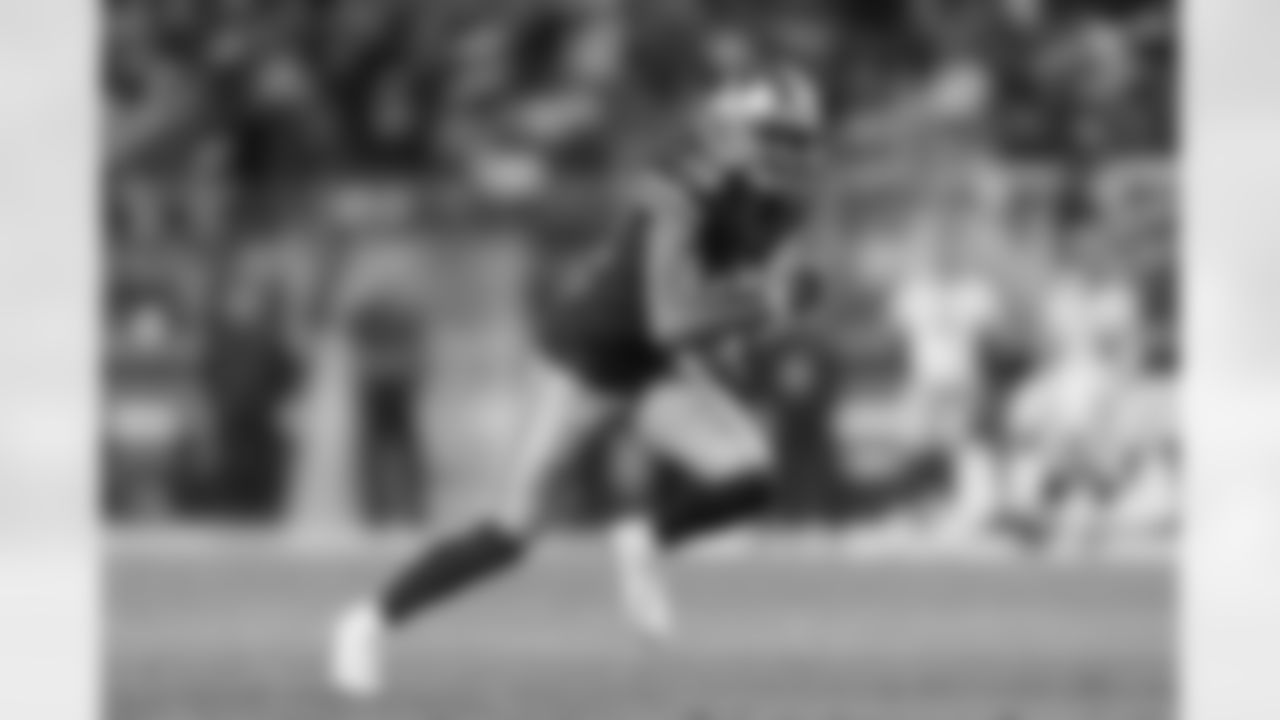
WR Dante Pettis
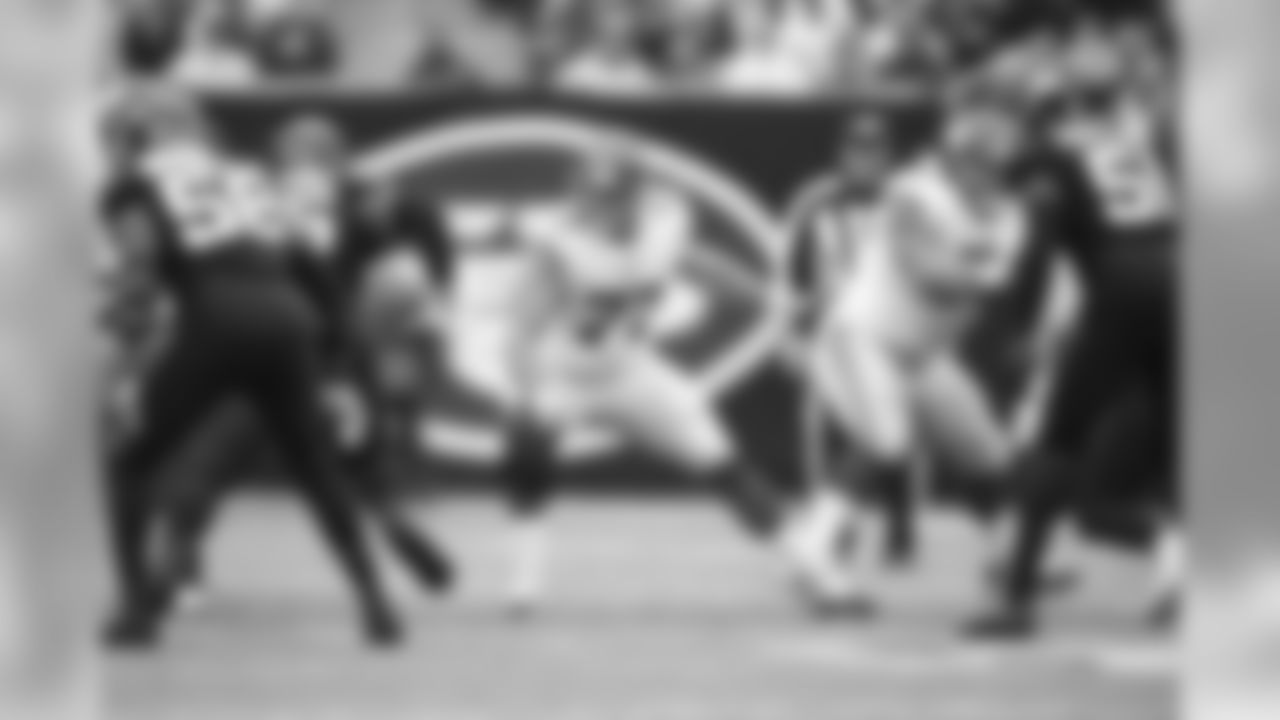
C Spencer Pulley
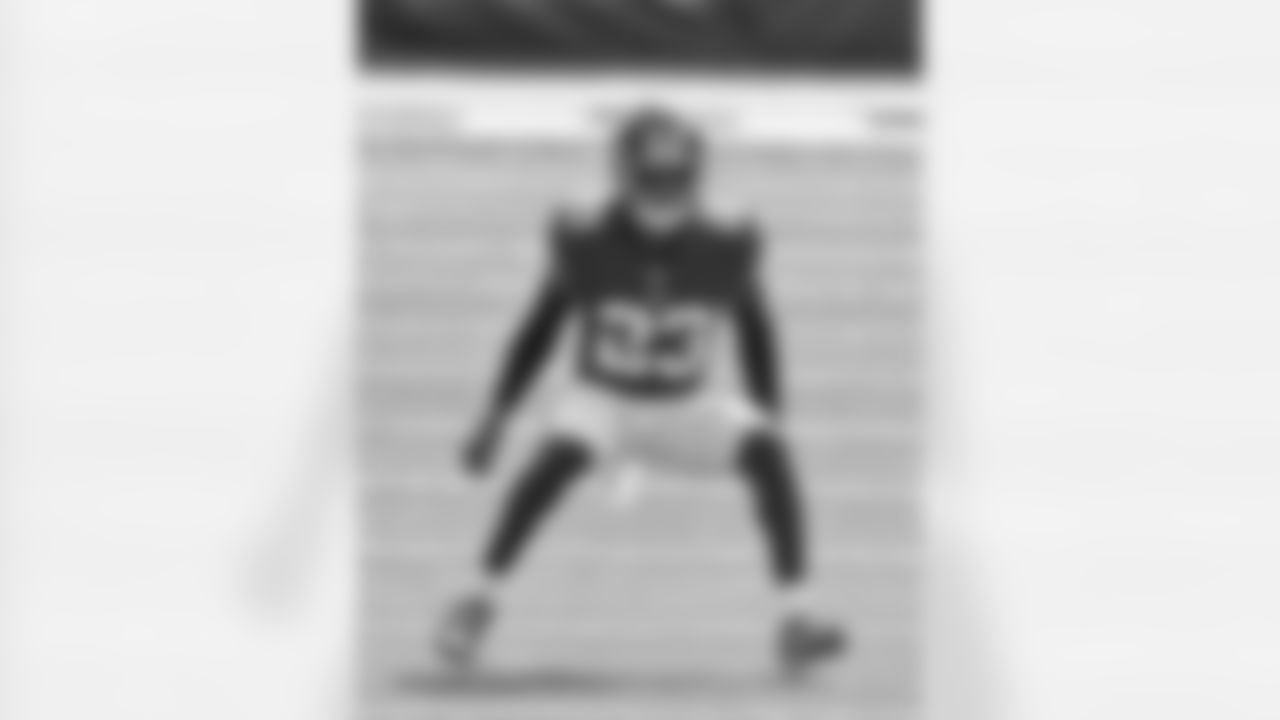
DB Logan Ryan
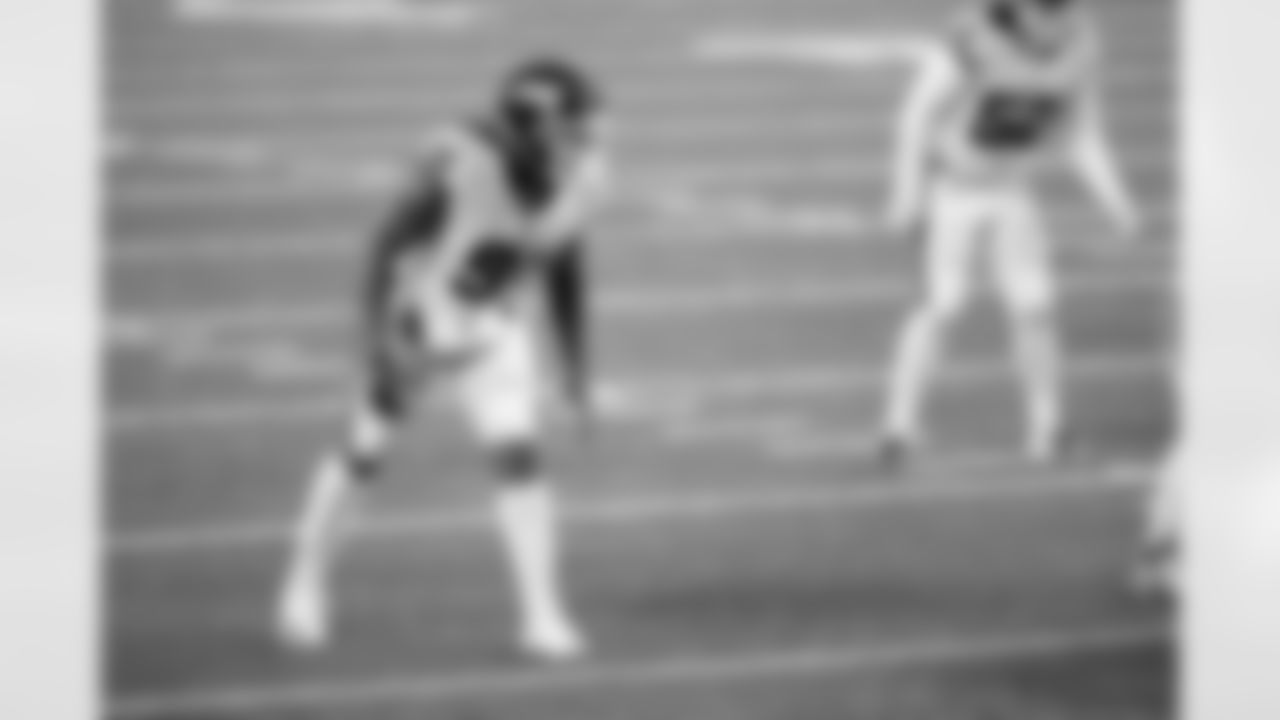
DE Jabaal Sheard
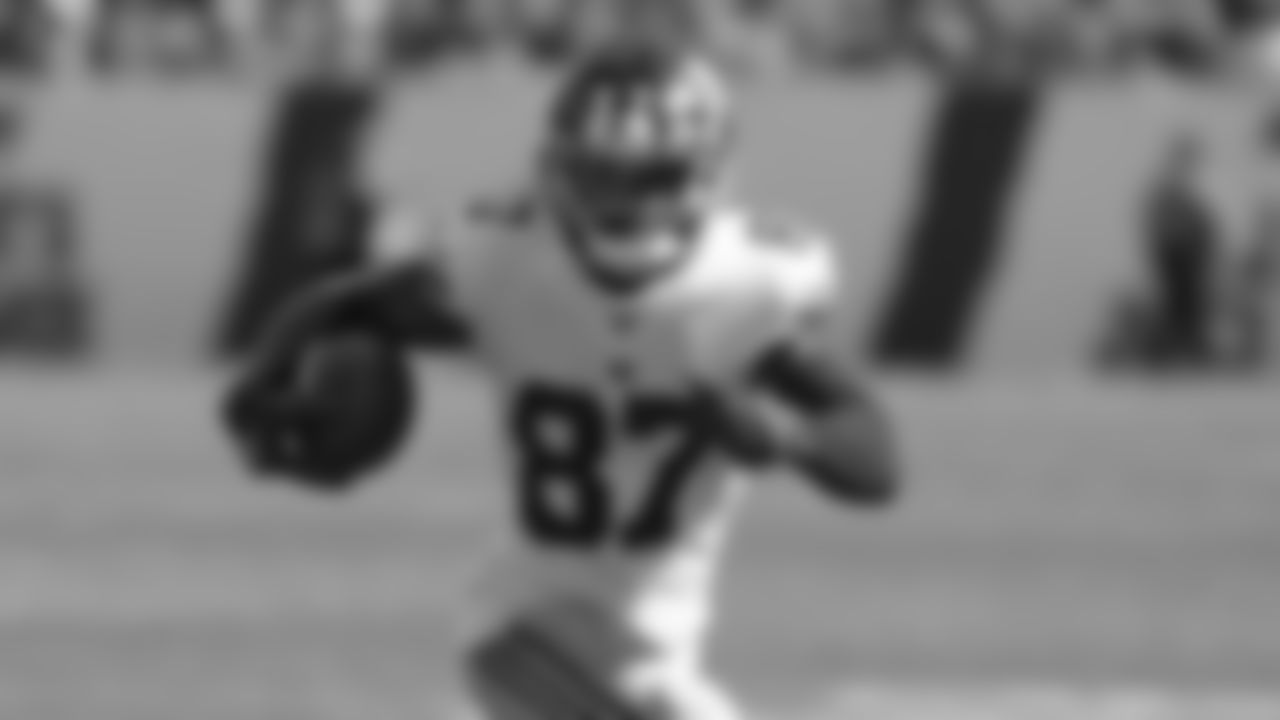
WR Sterling Shepard
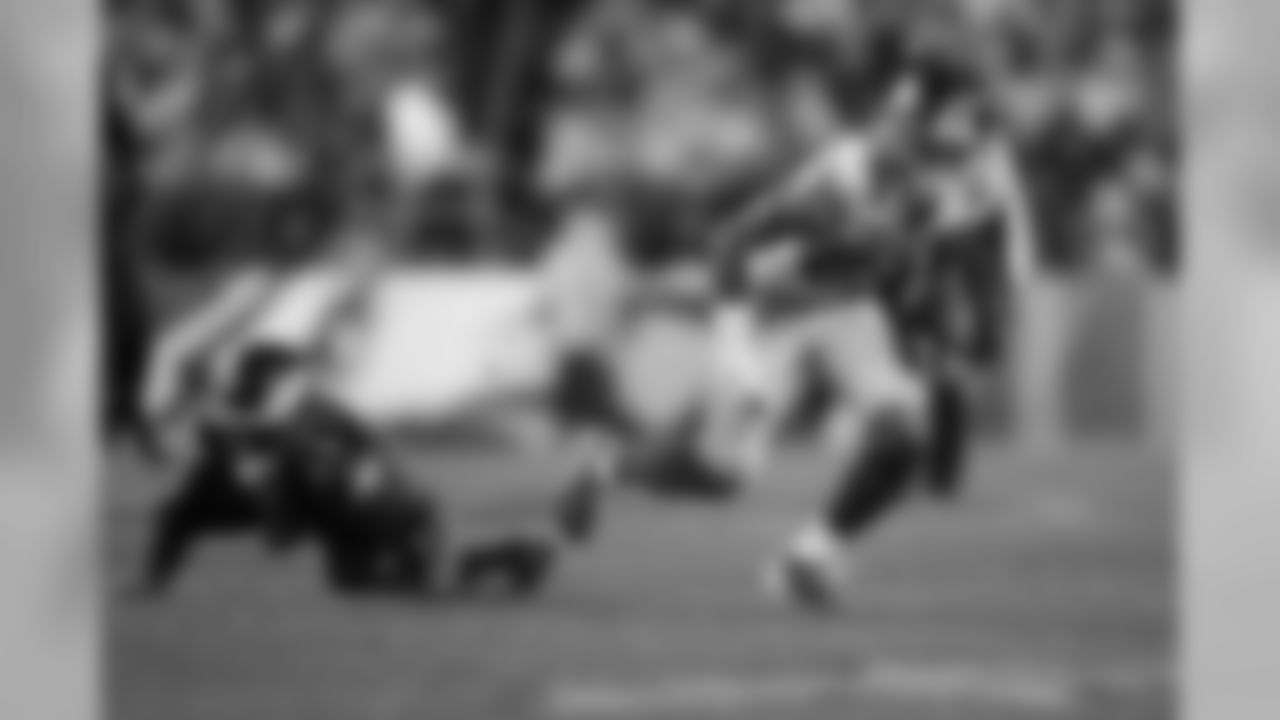
WR Darius Slayton
(AP Photo/Michael Perez)
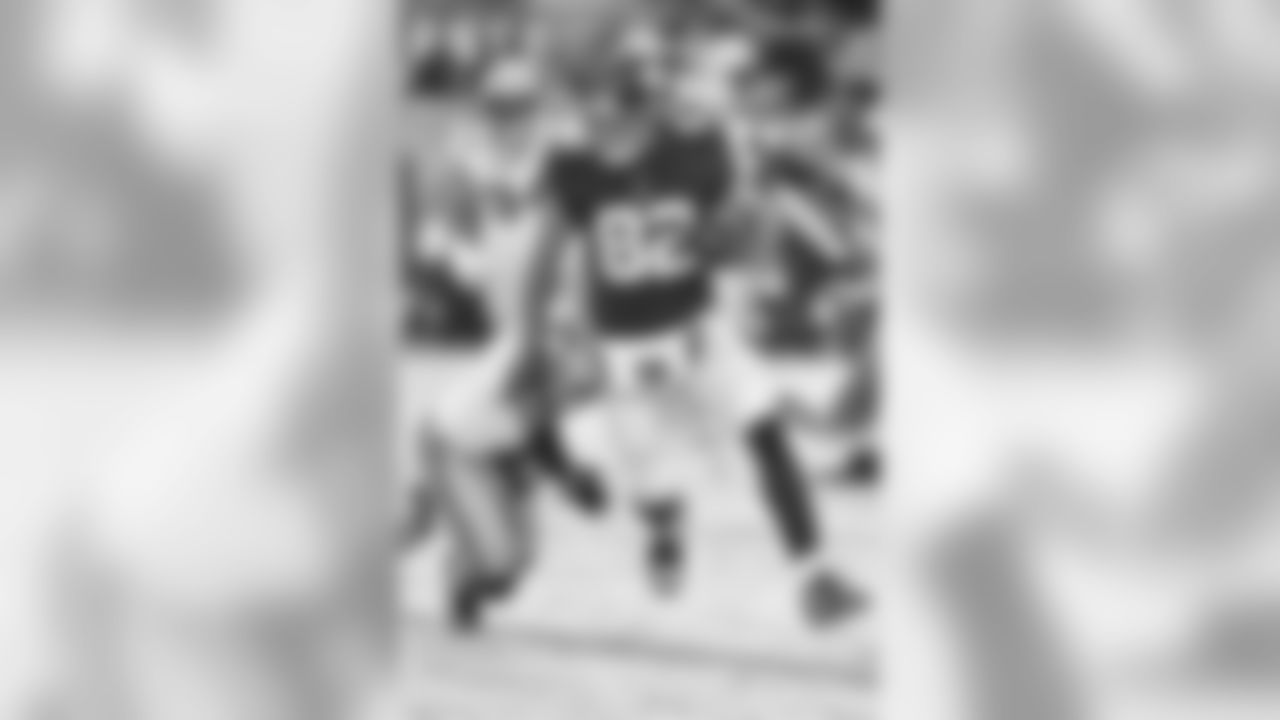
TE Kaden Smith
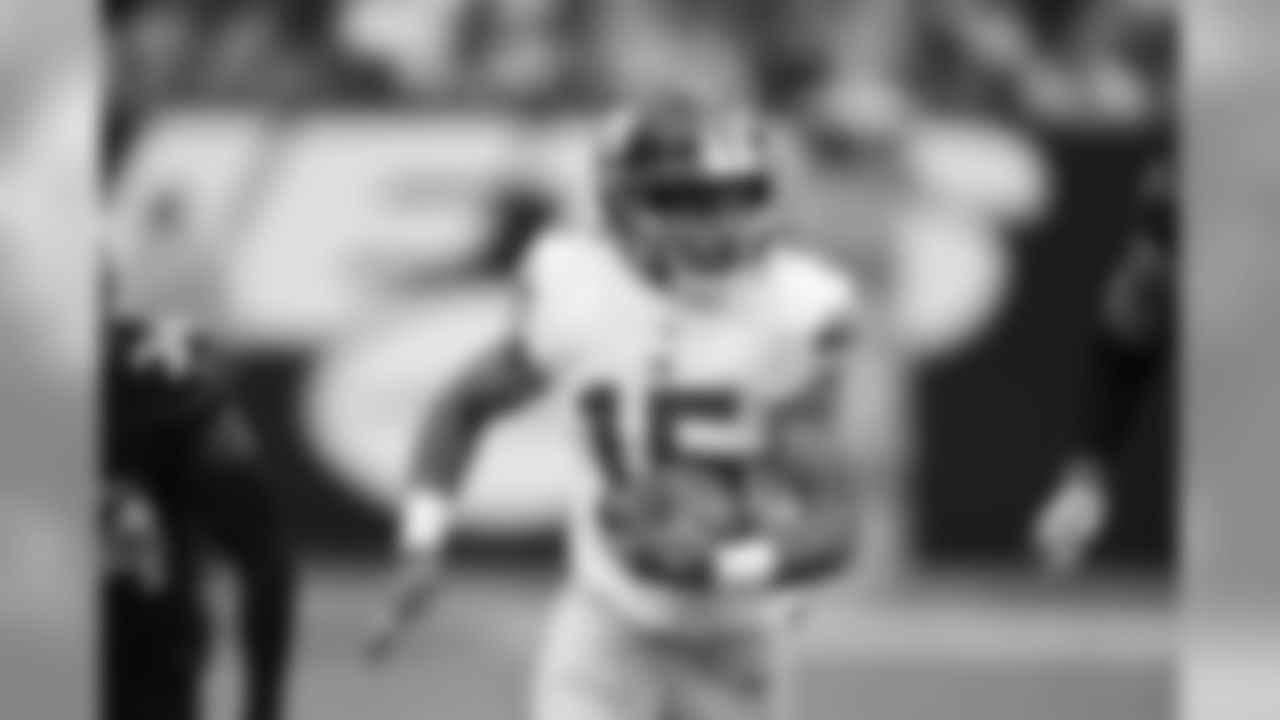
WR Golden Tate III
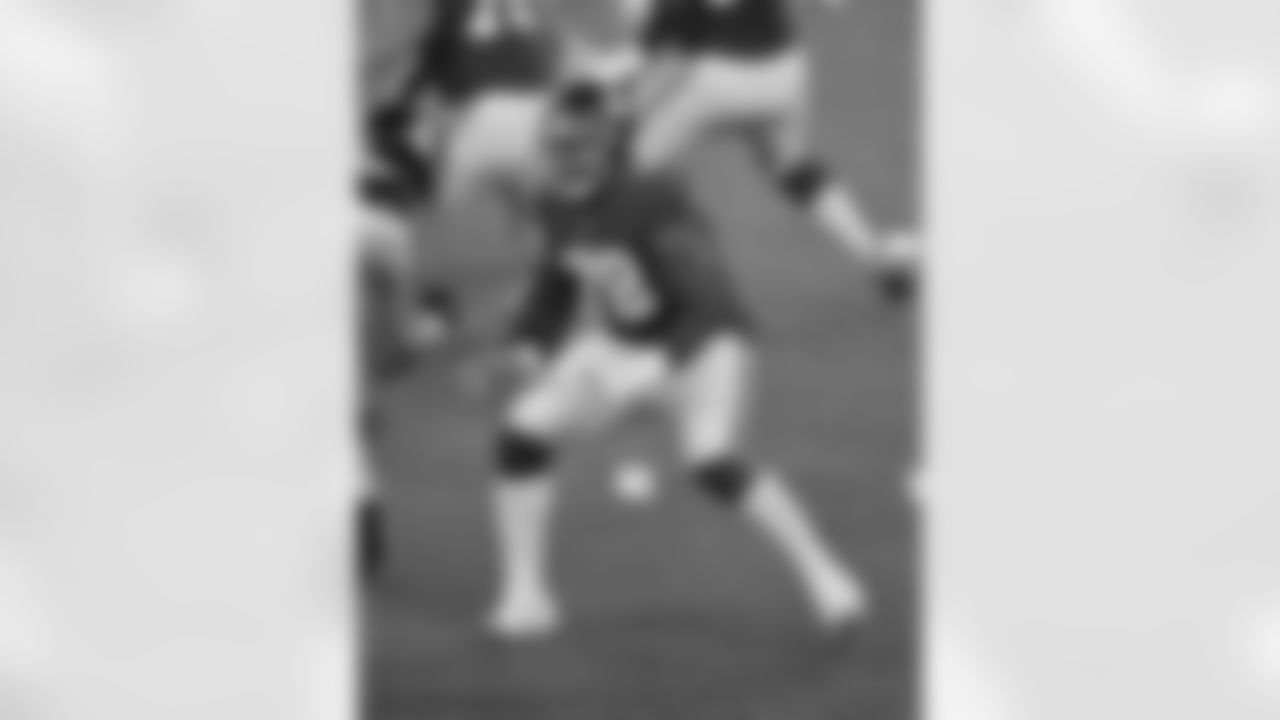
OT Andrew Thomas
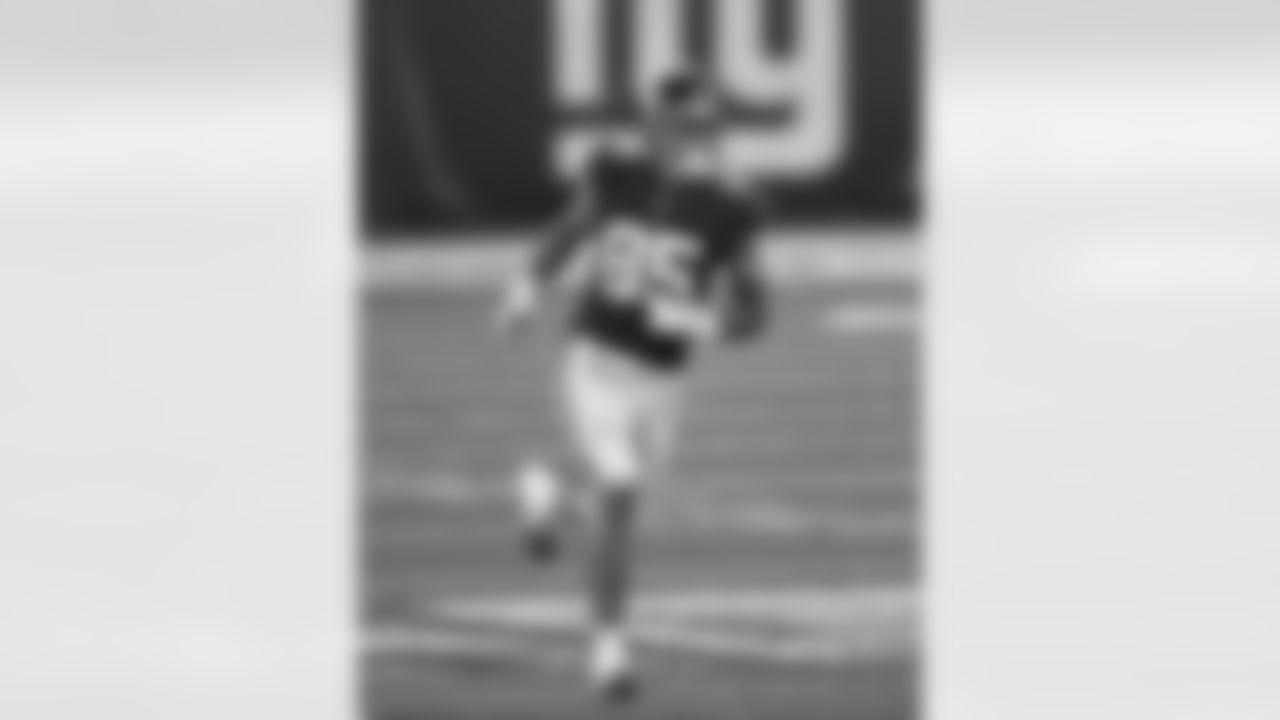
TE Levine Toilolo
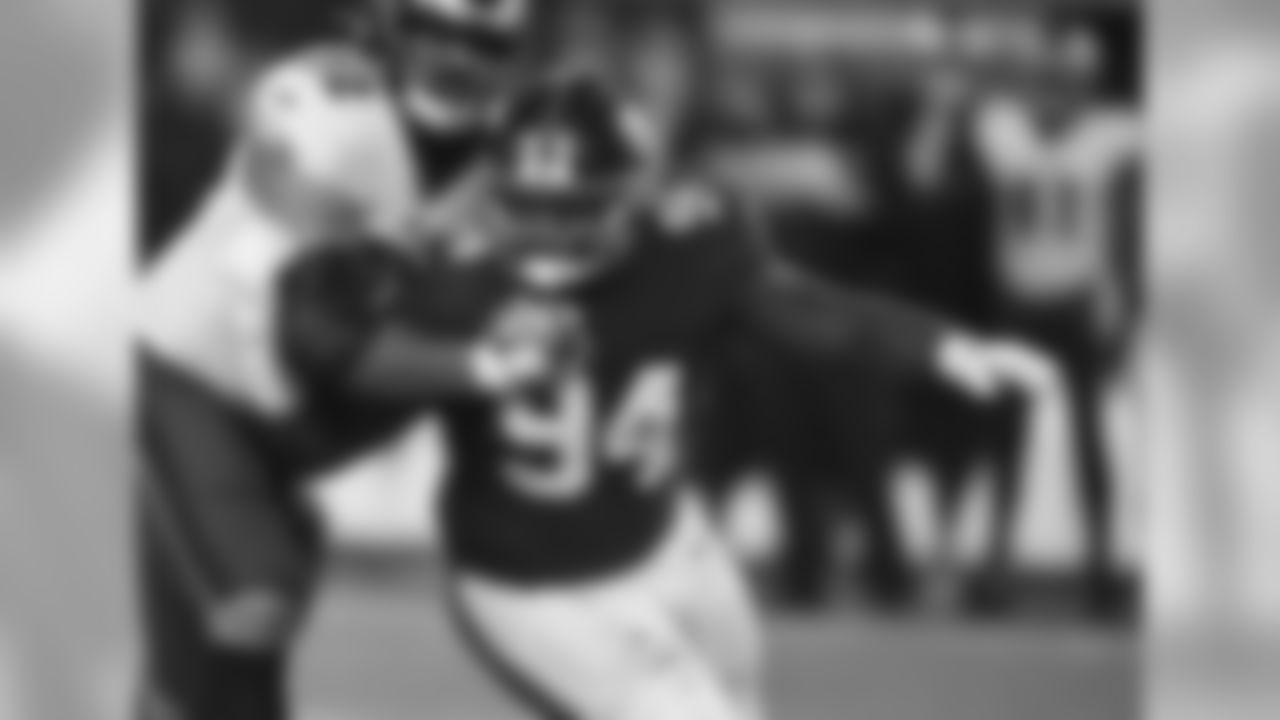
DL Dalvin Tomlinson
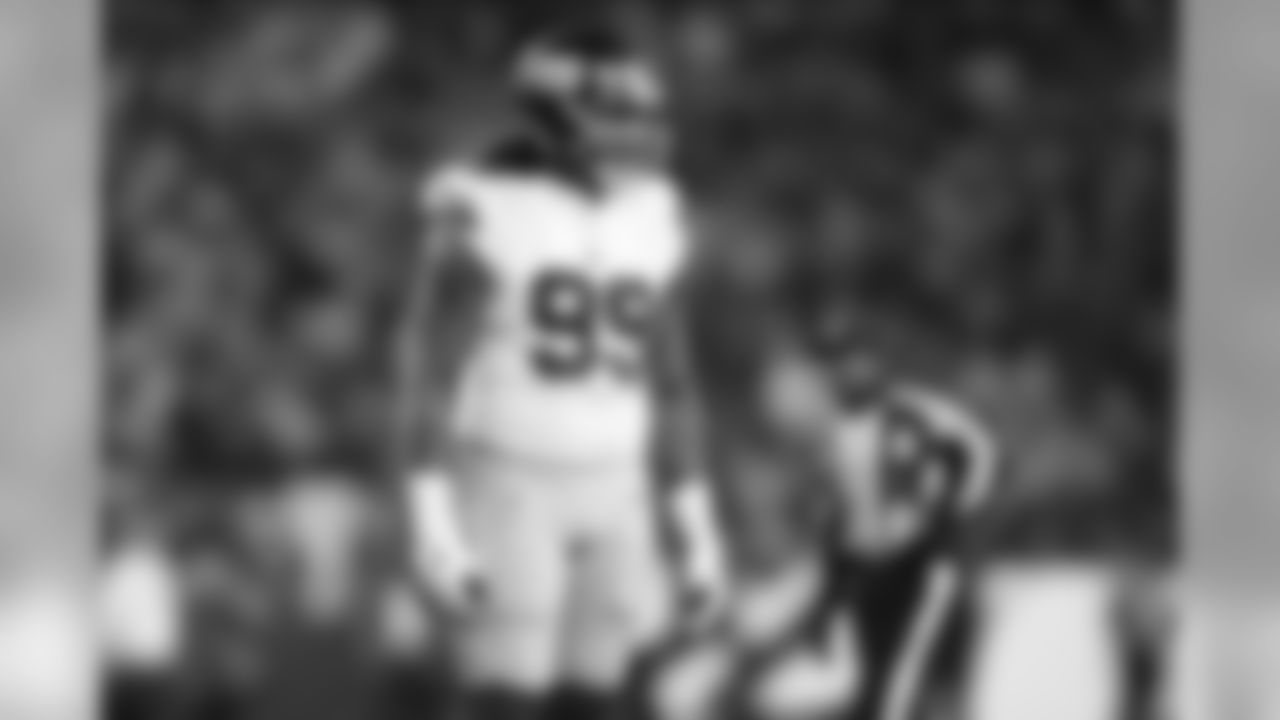
DL Leonard Williams
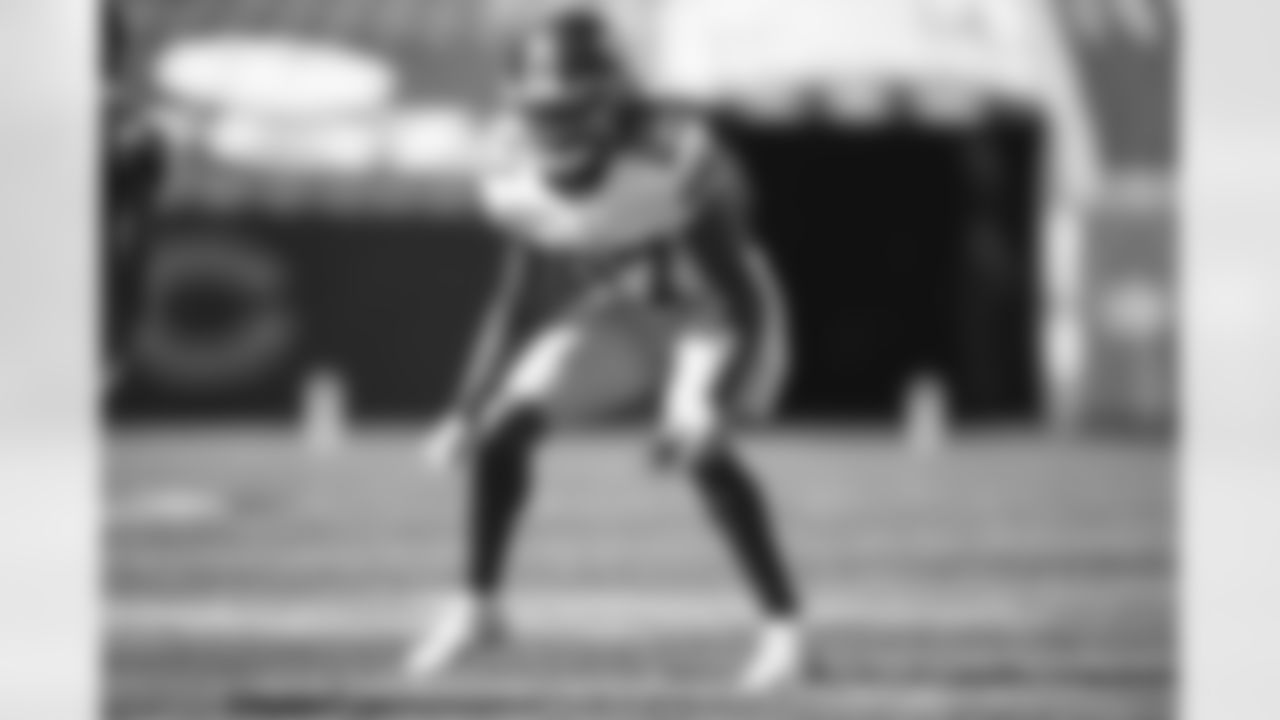
CB Isaac Yiadom
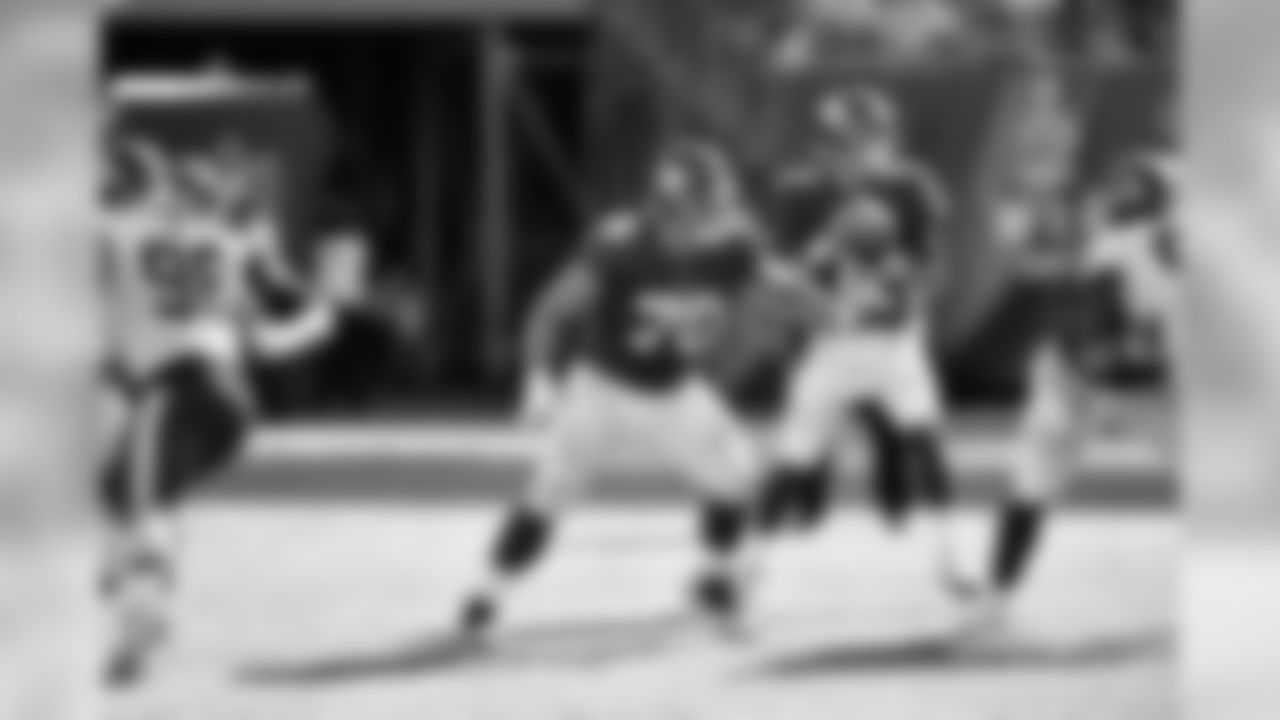
G Kevin Zeitler

Giants App
Download the Giants' official app for iPhone, iPad and Android devices









